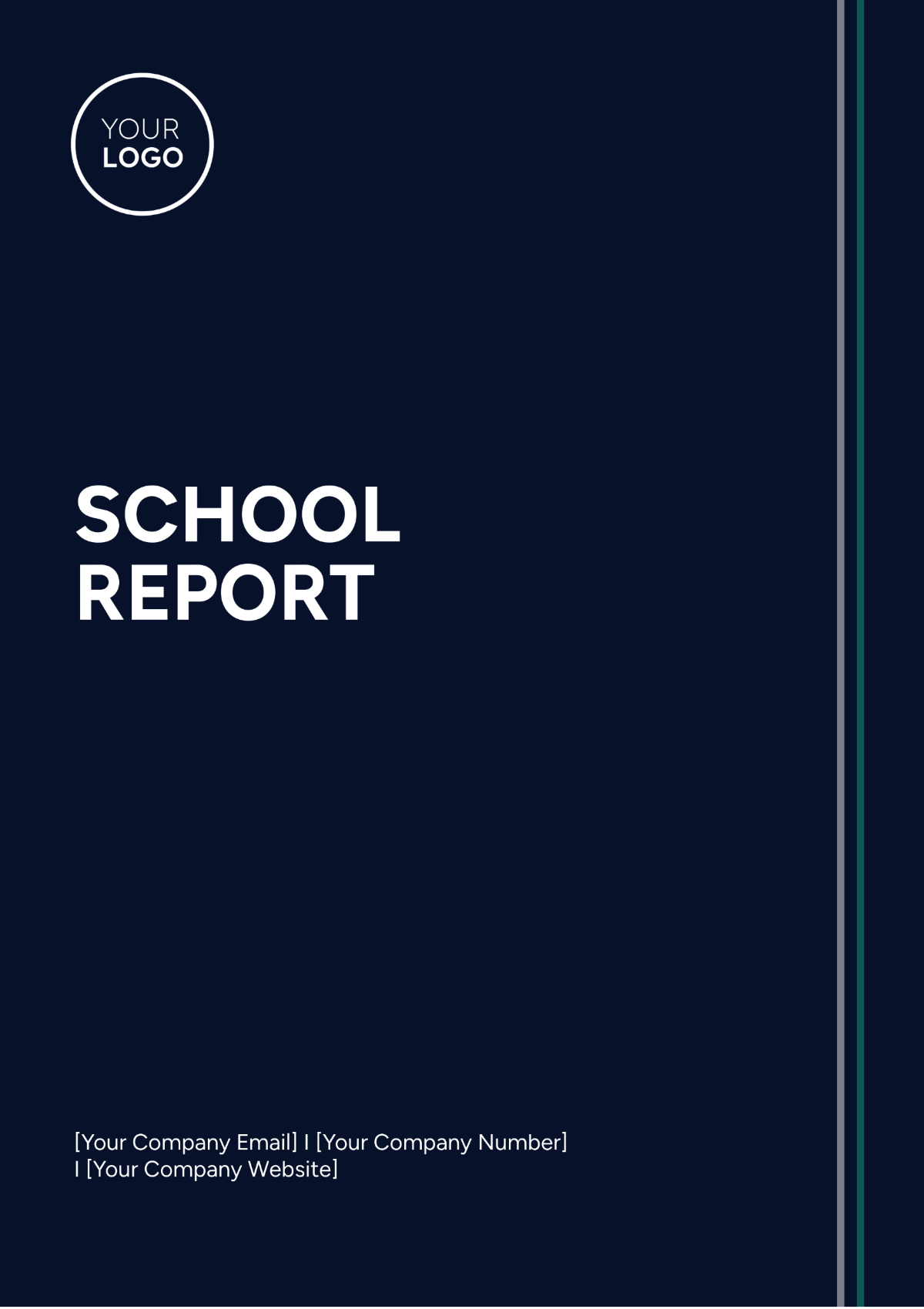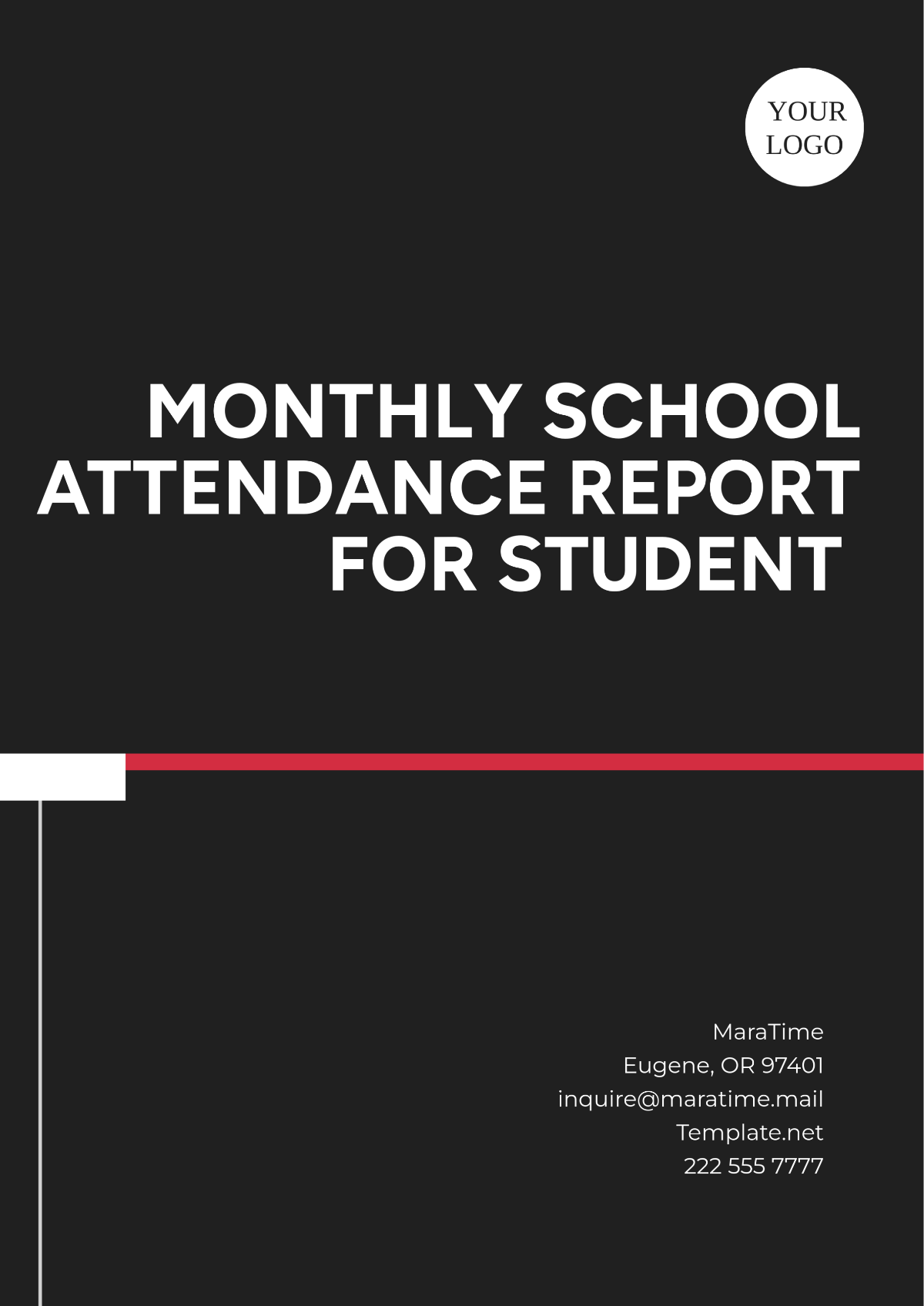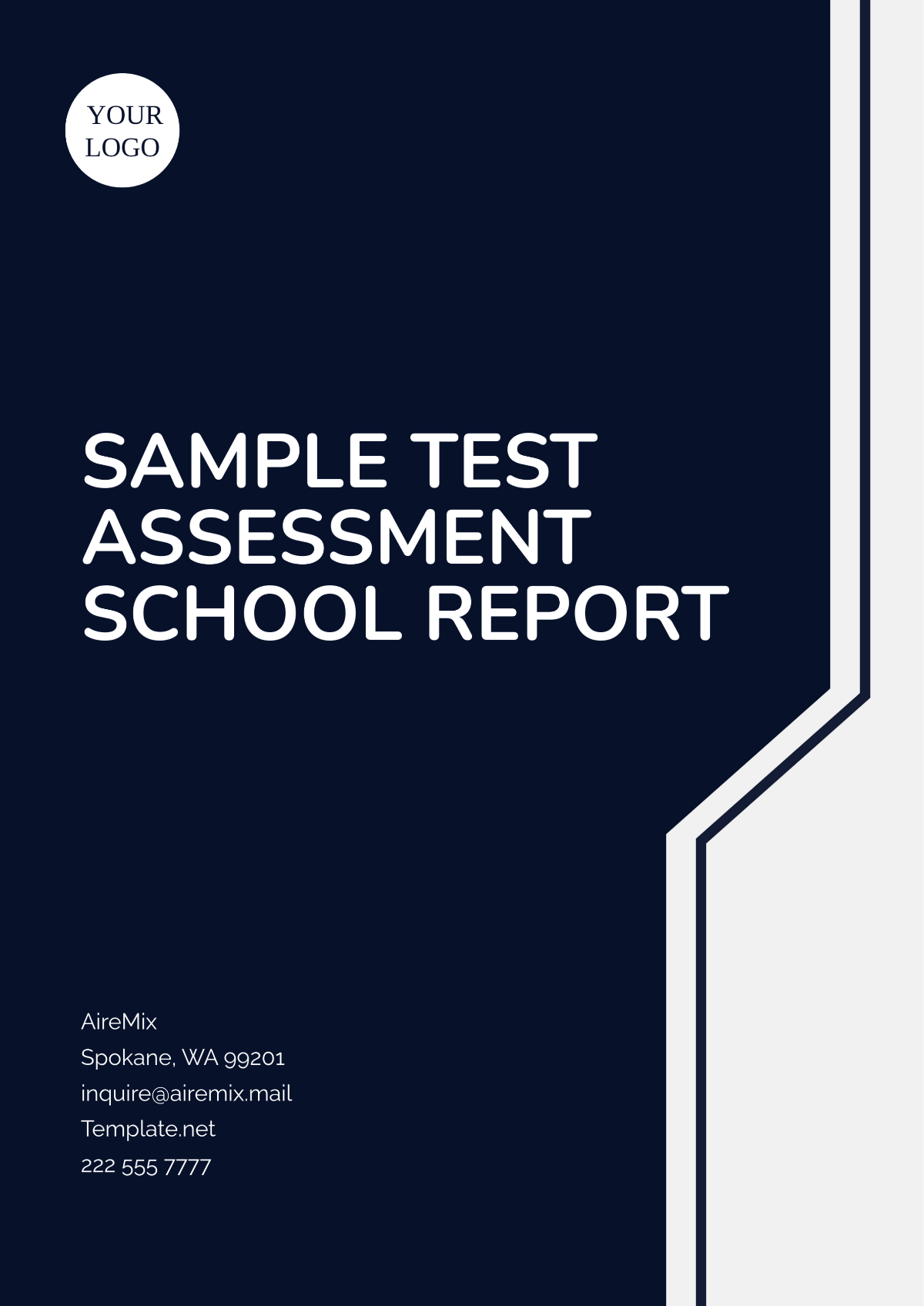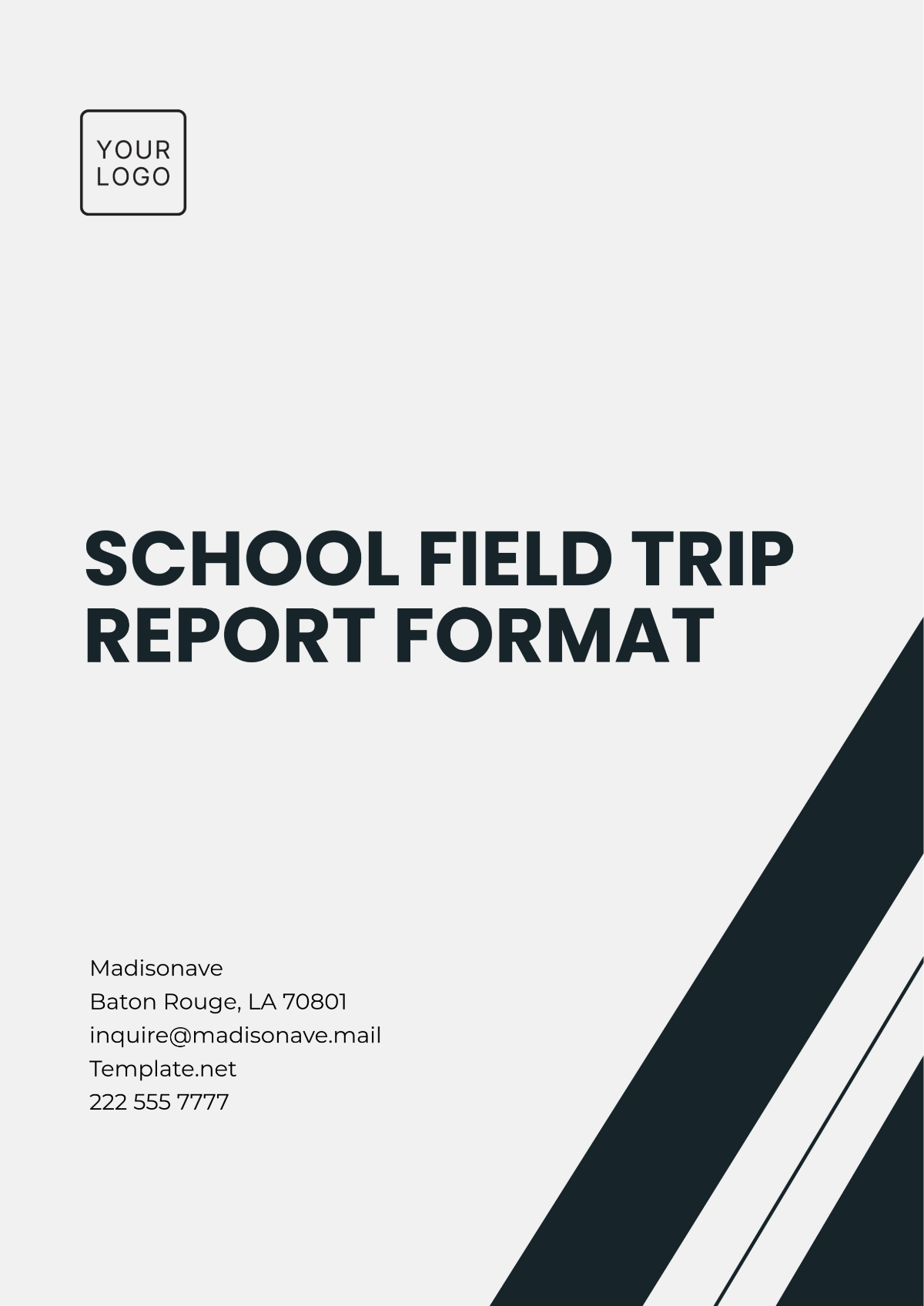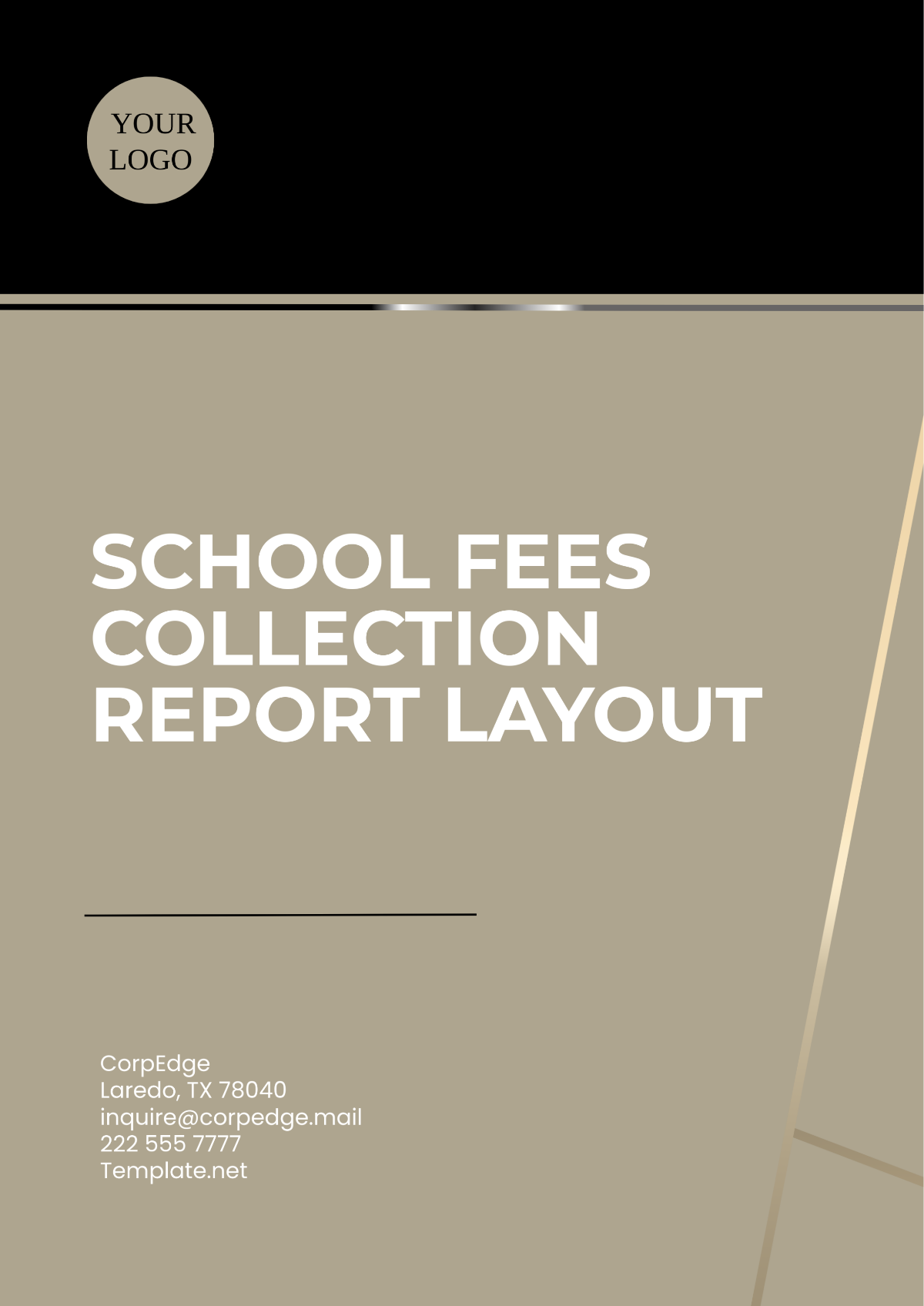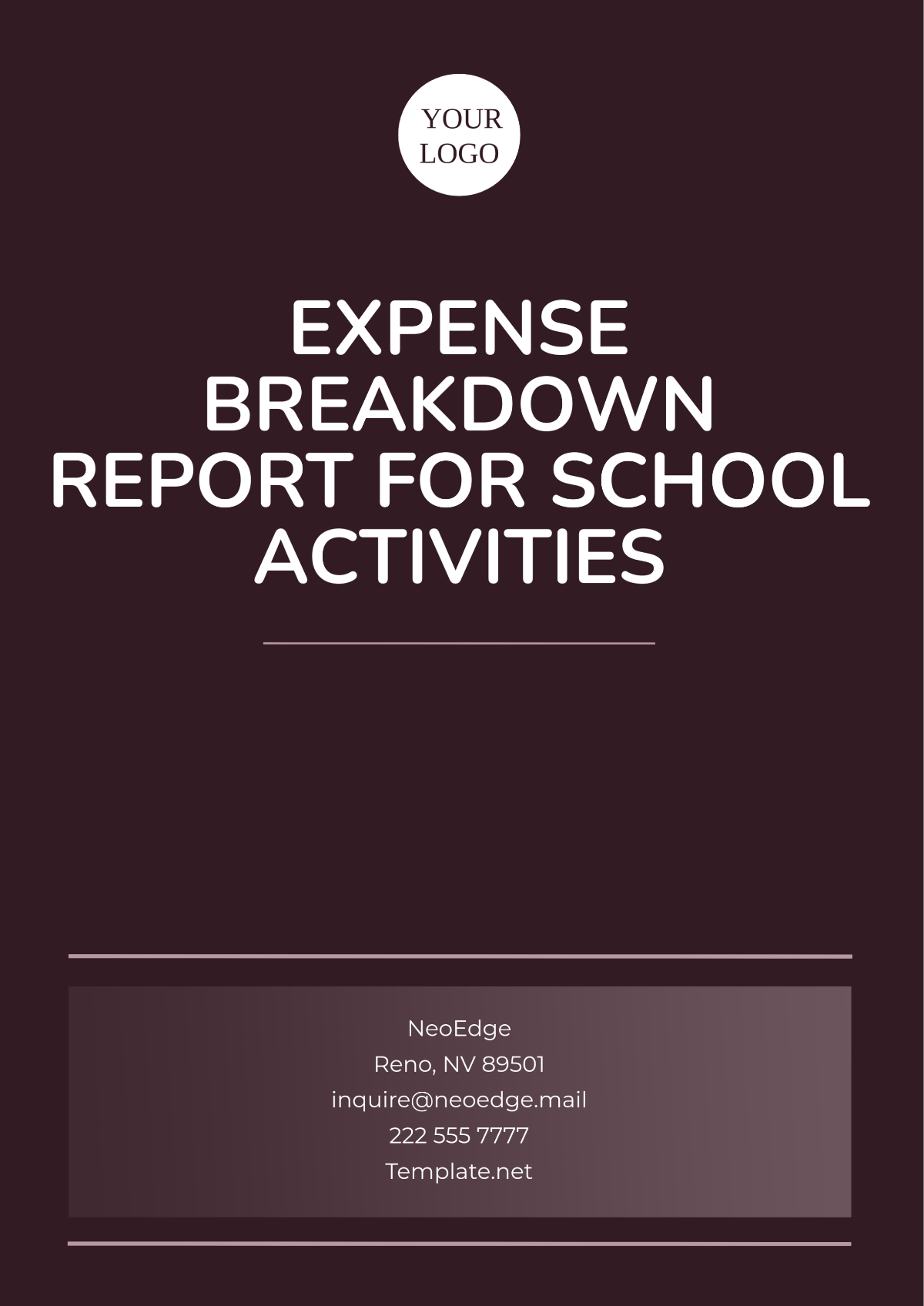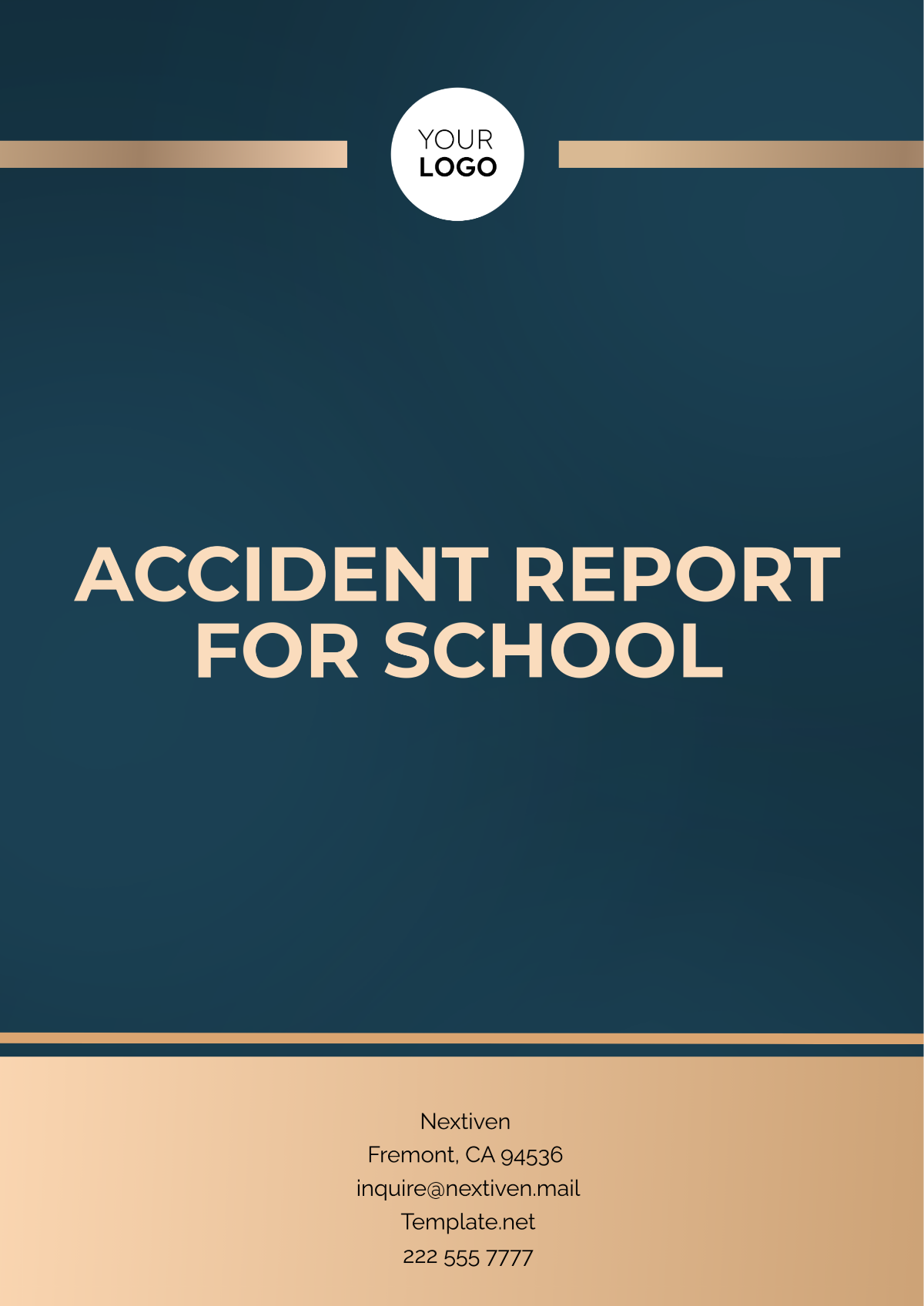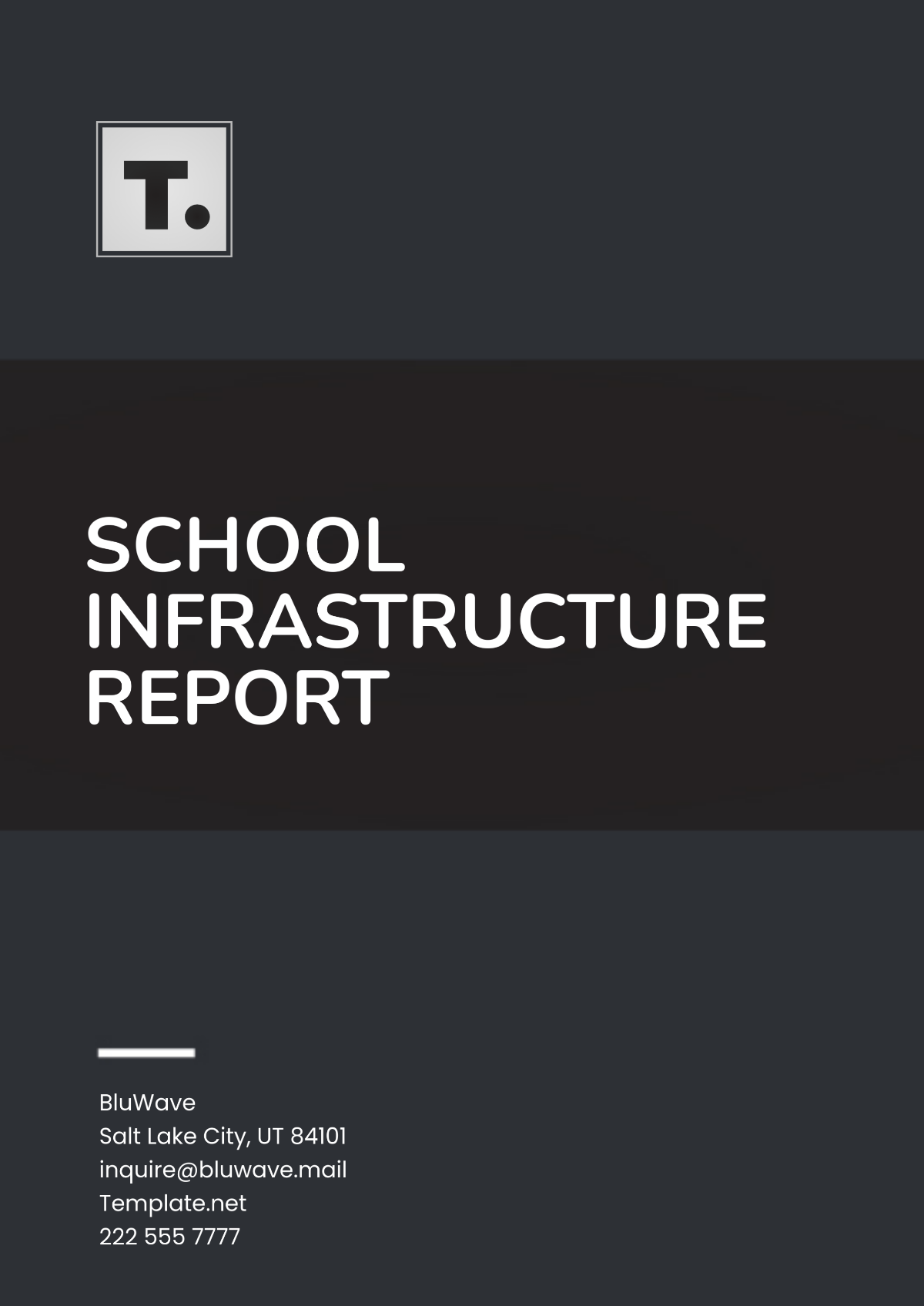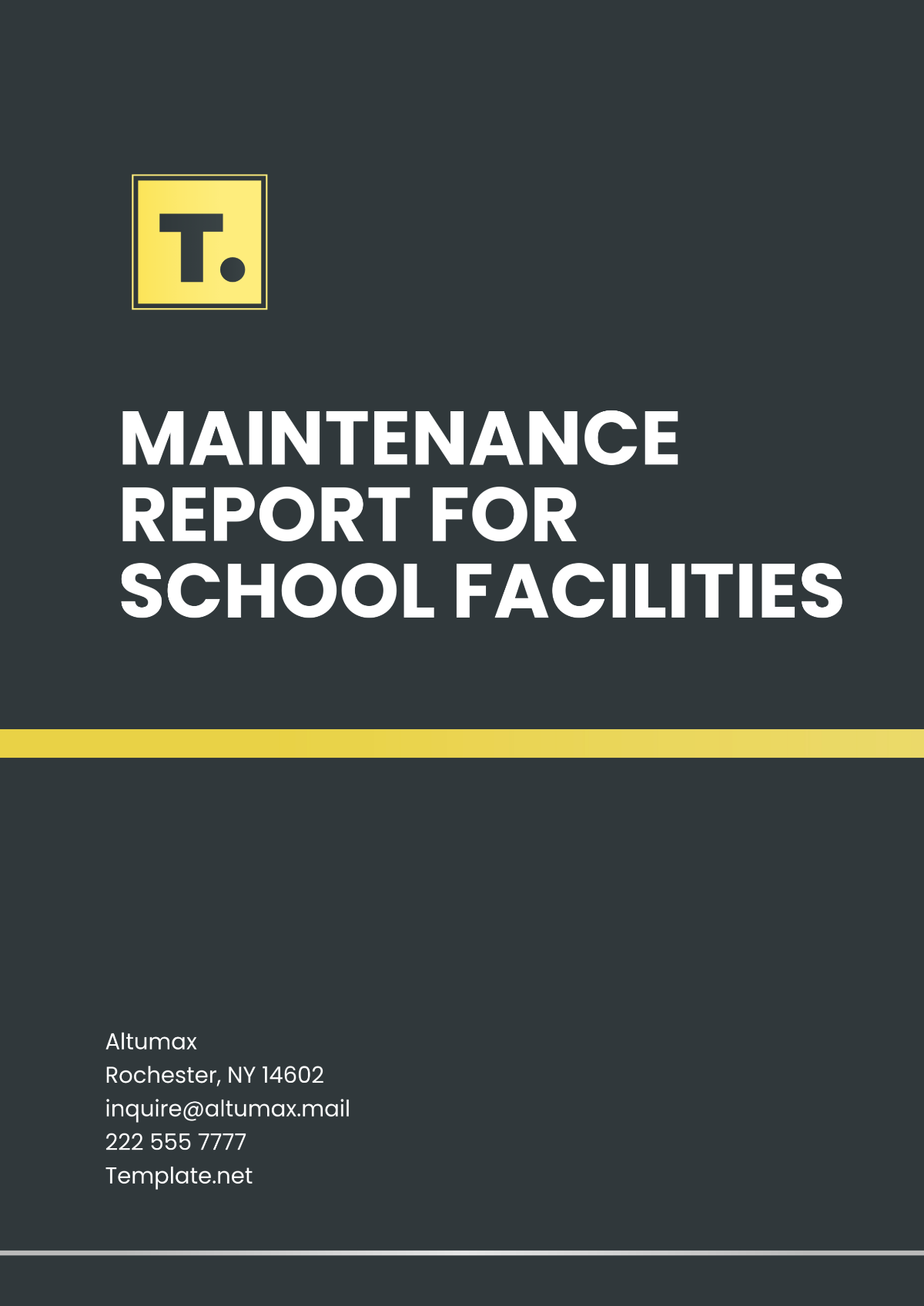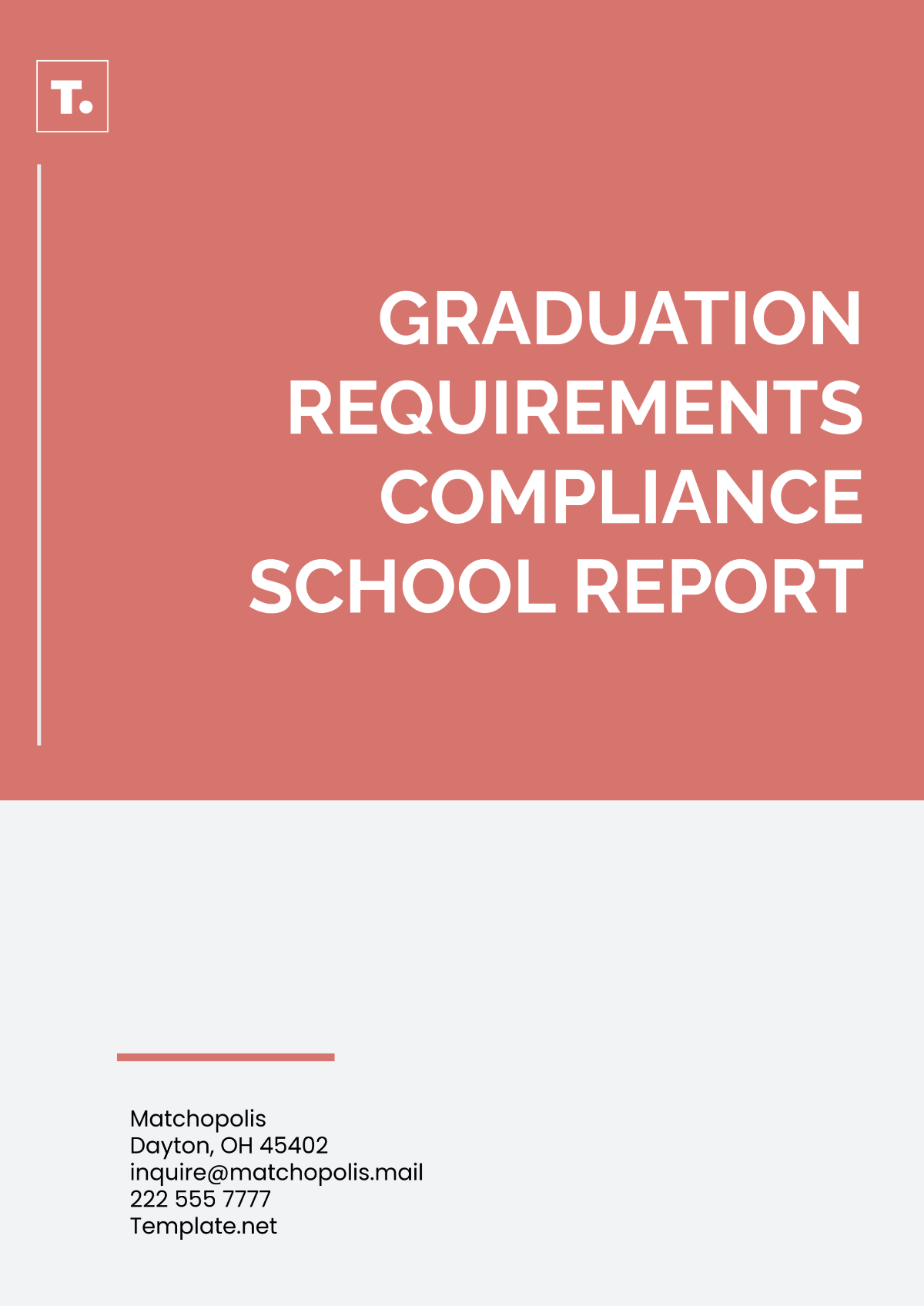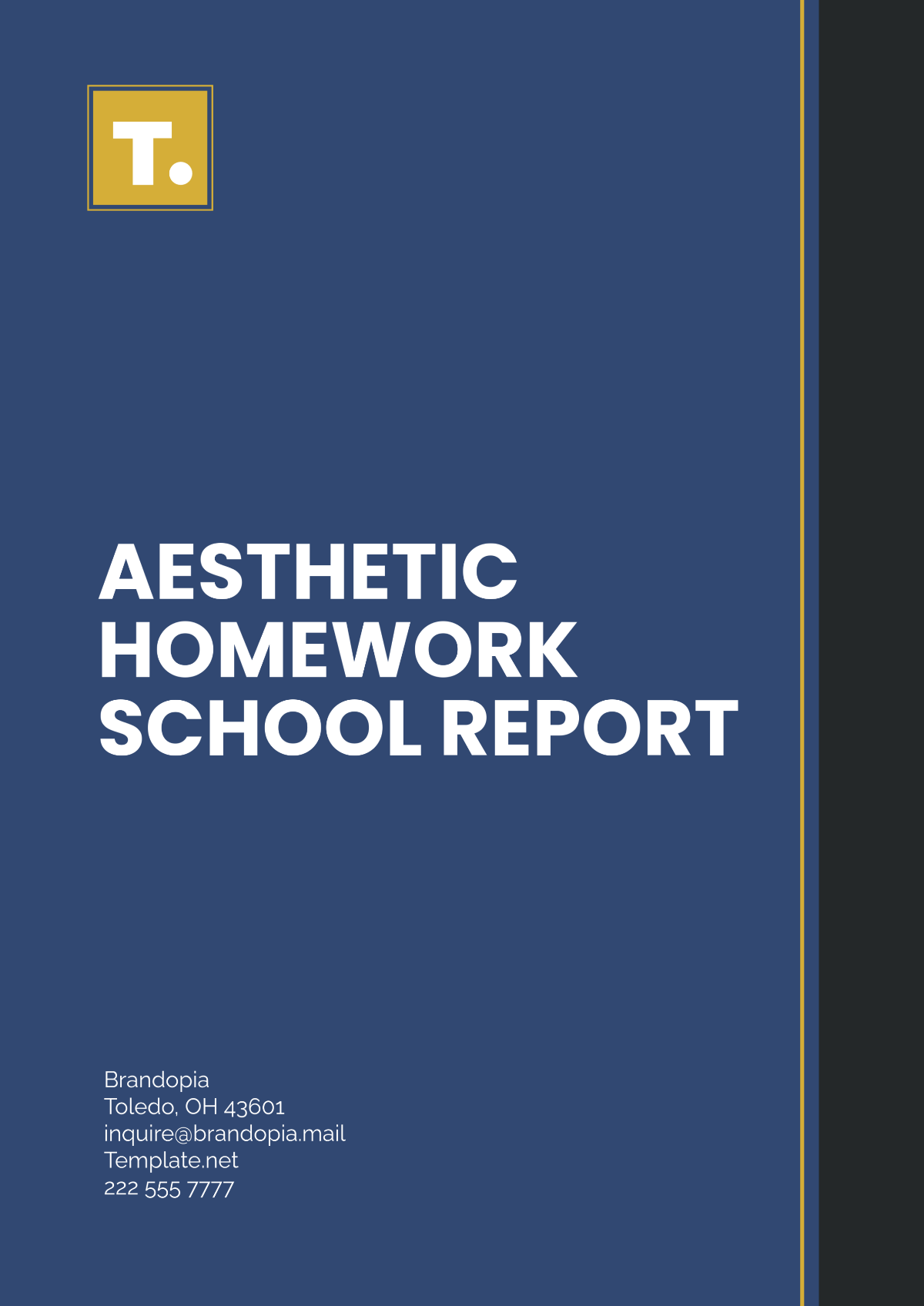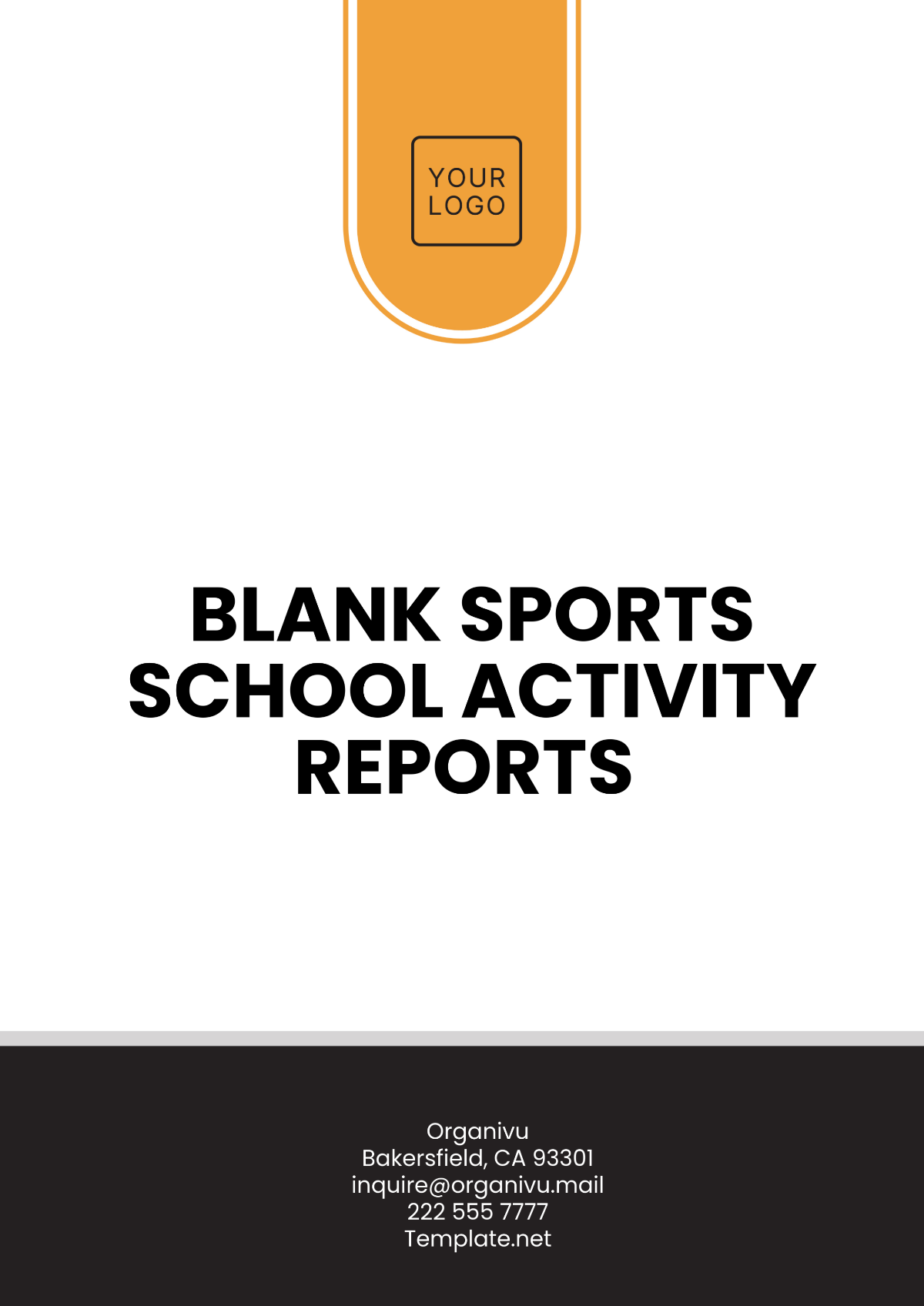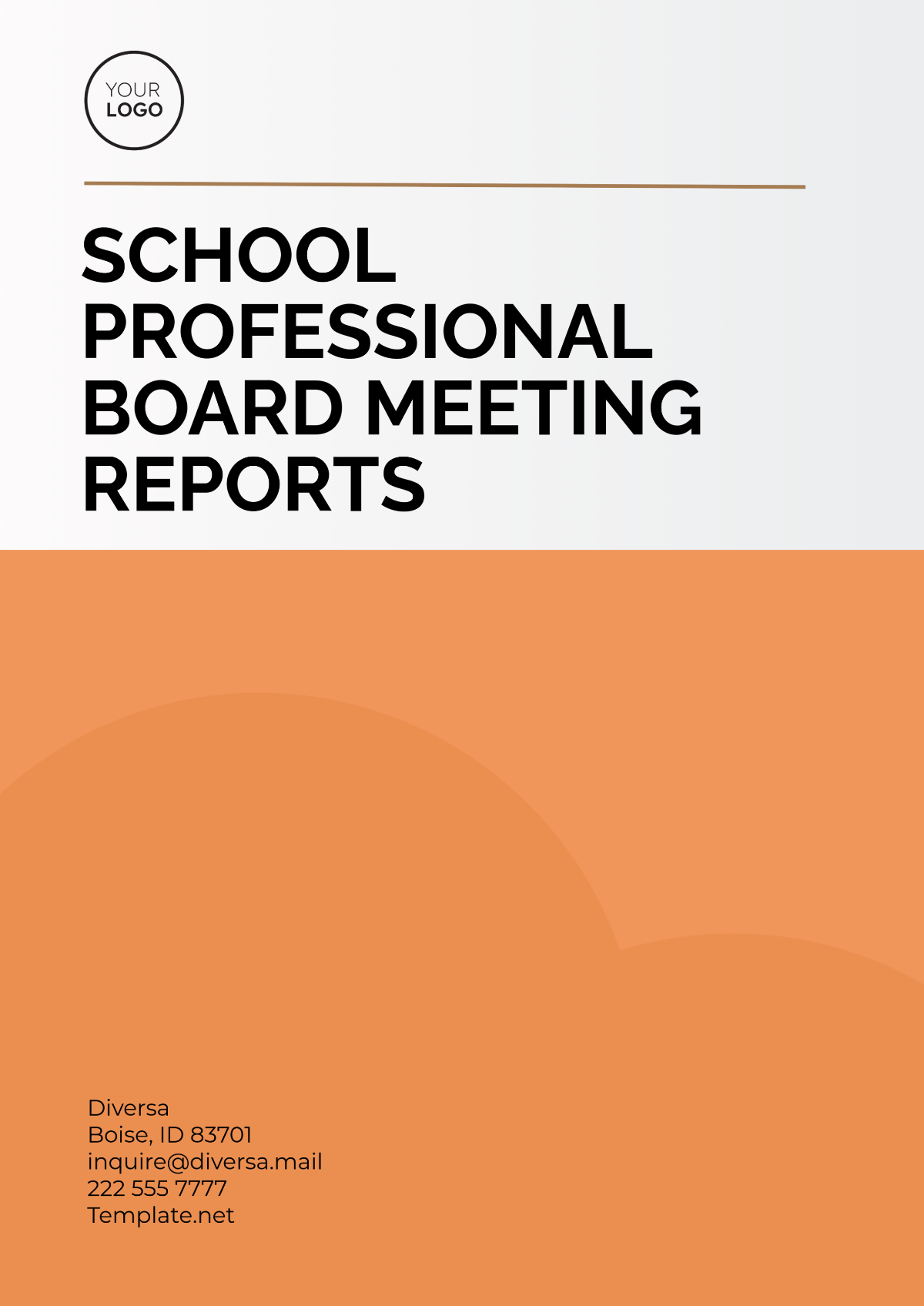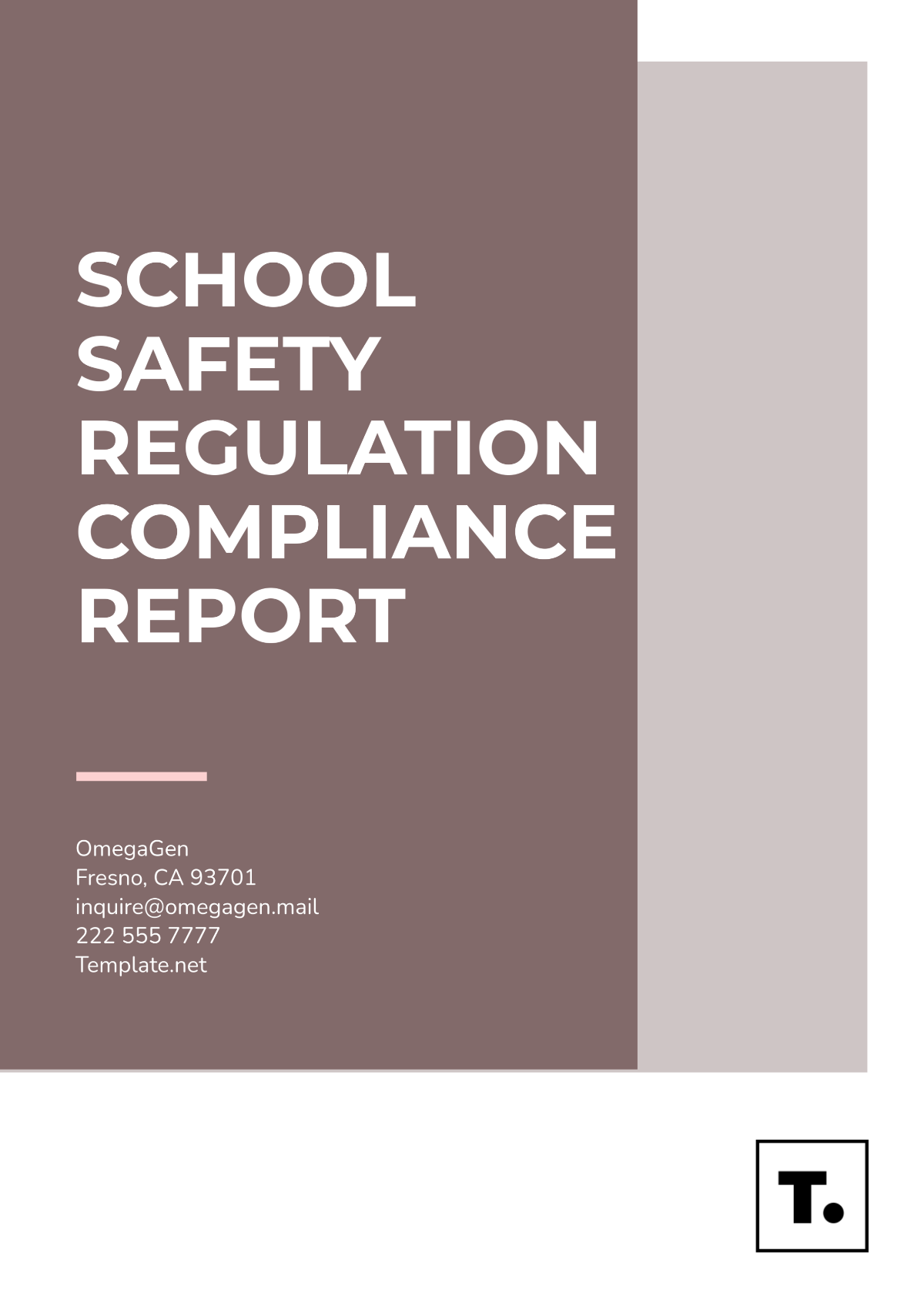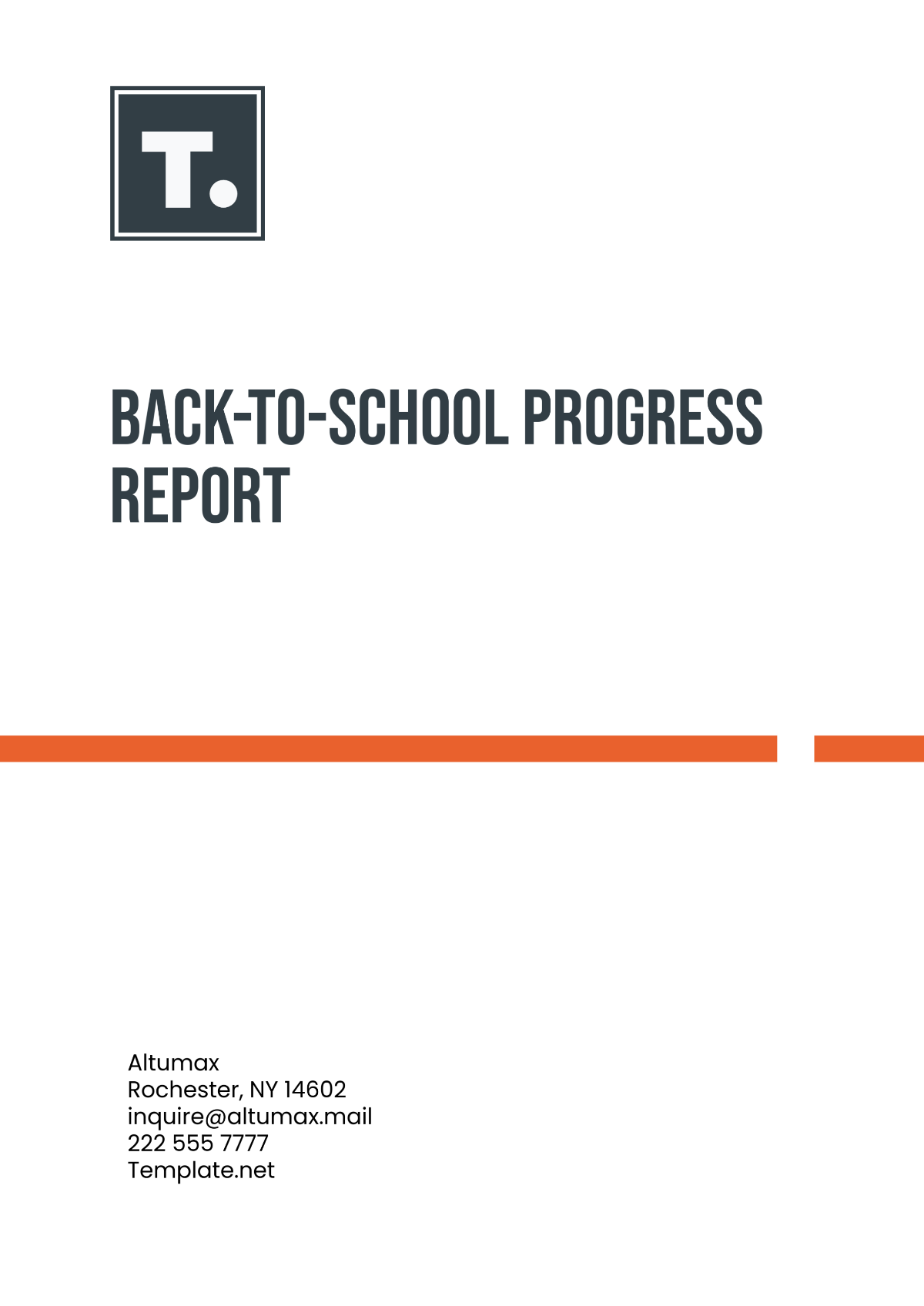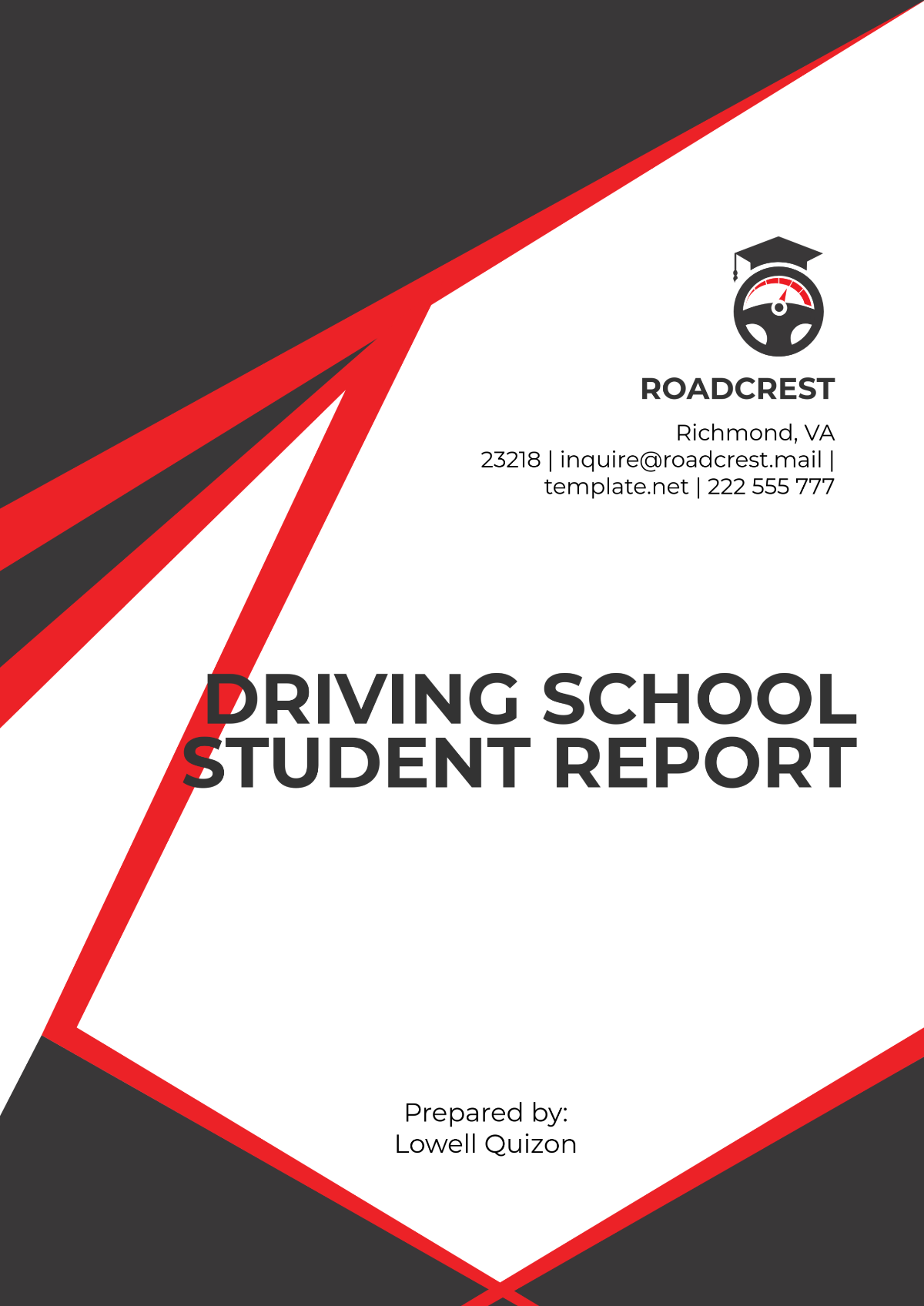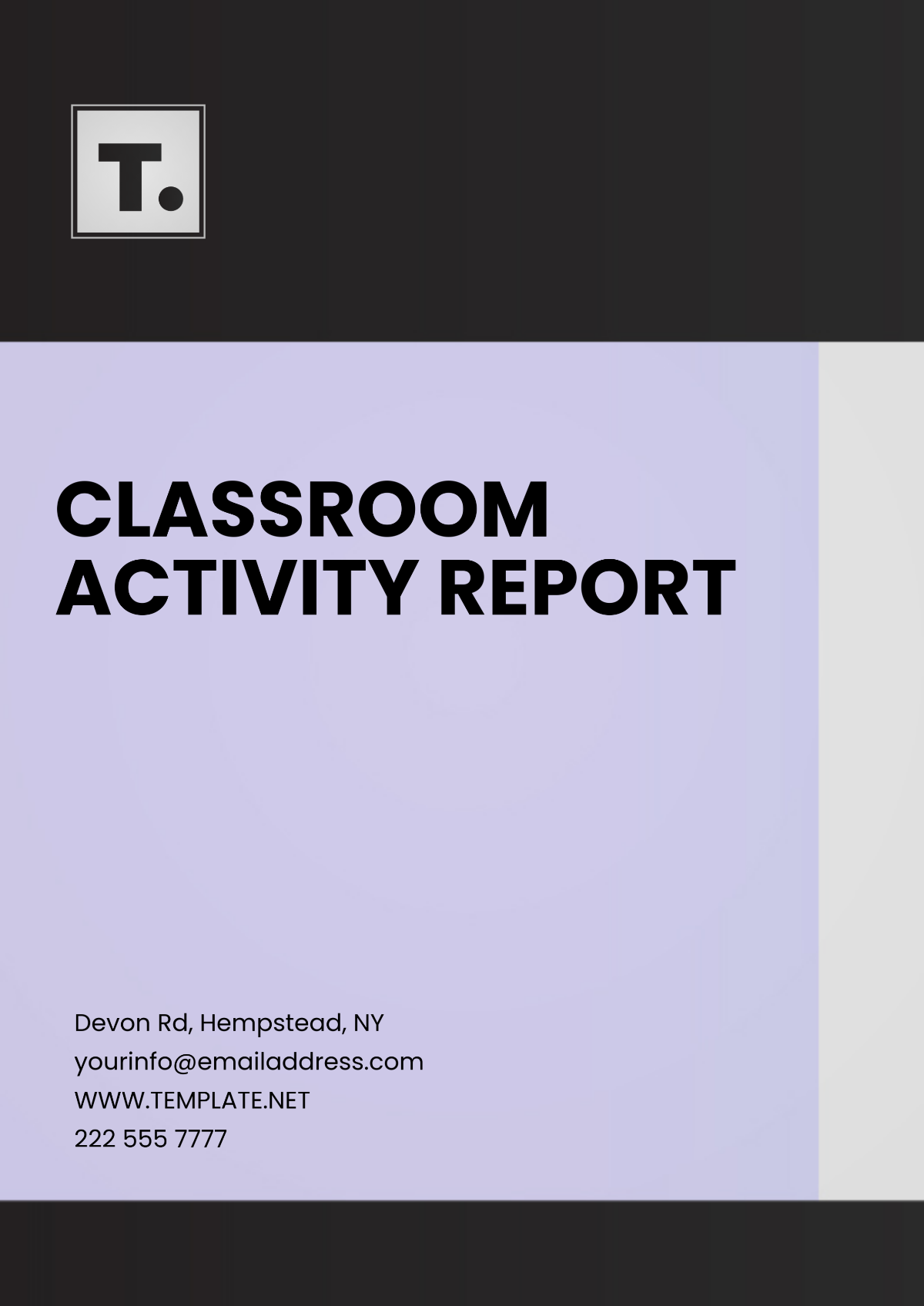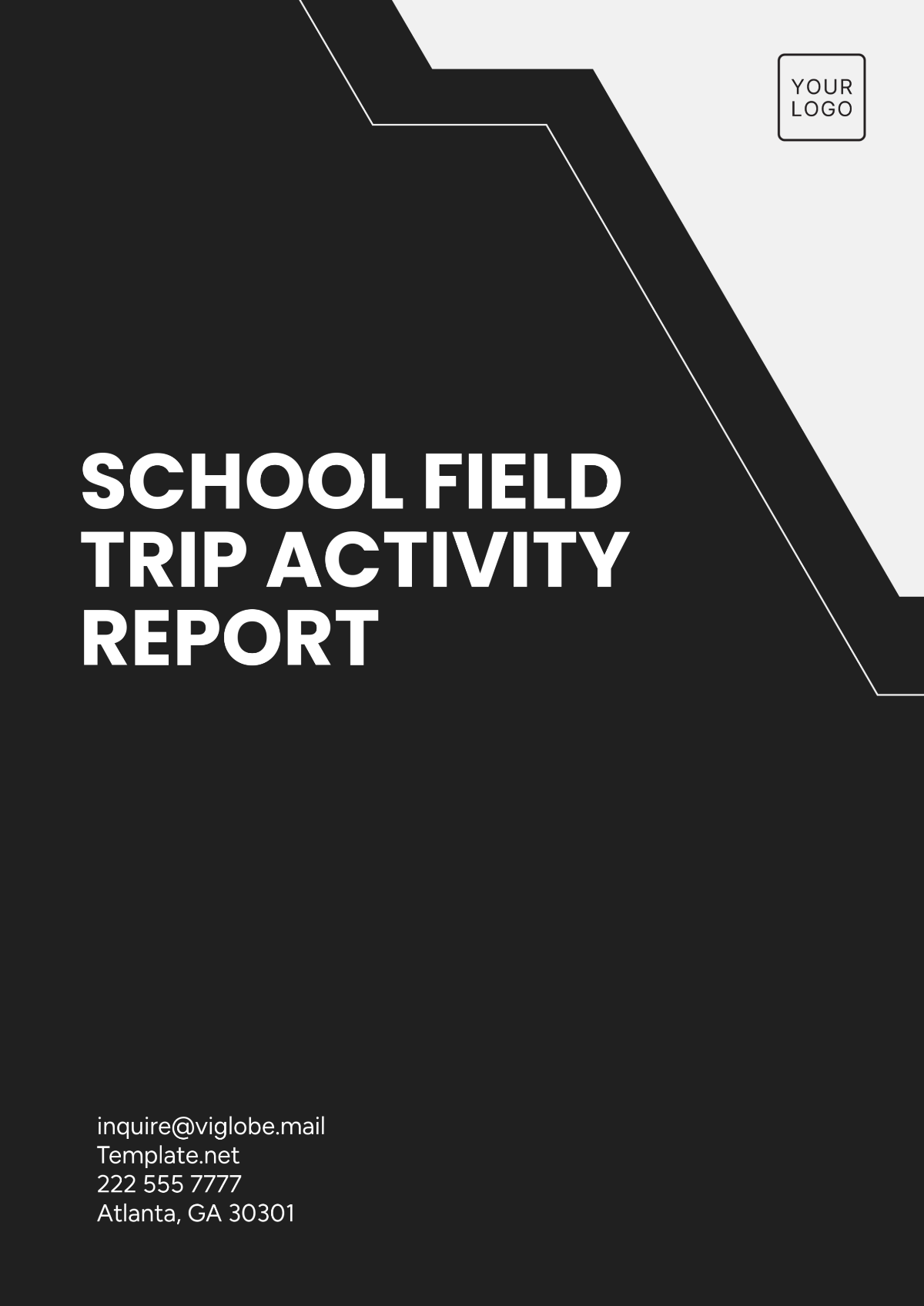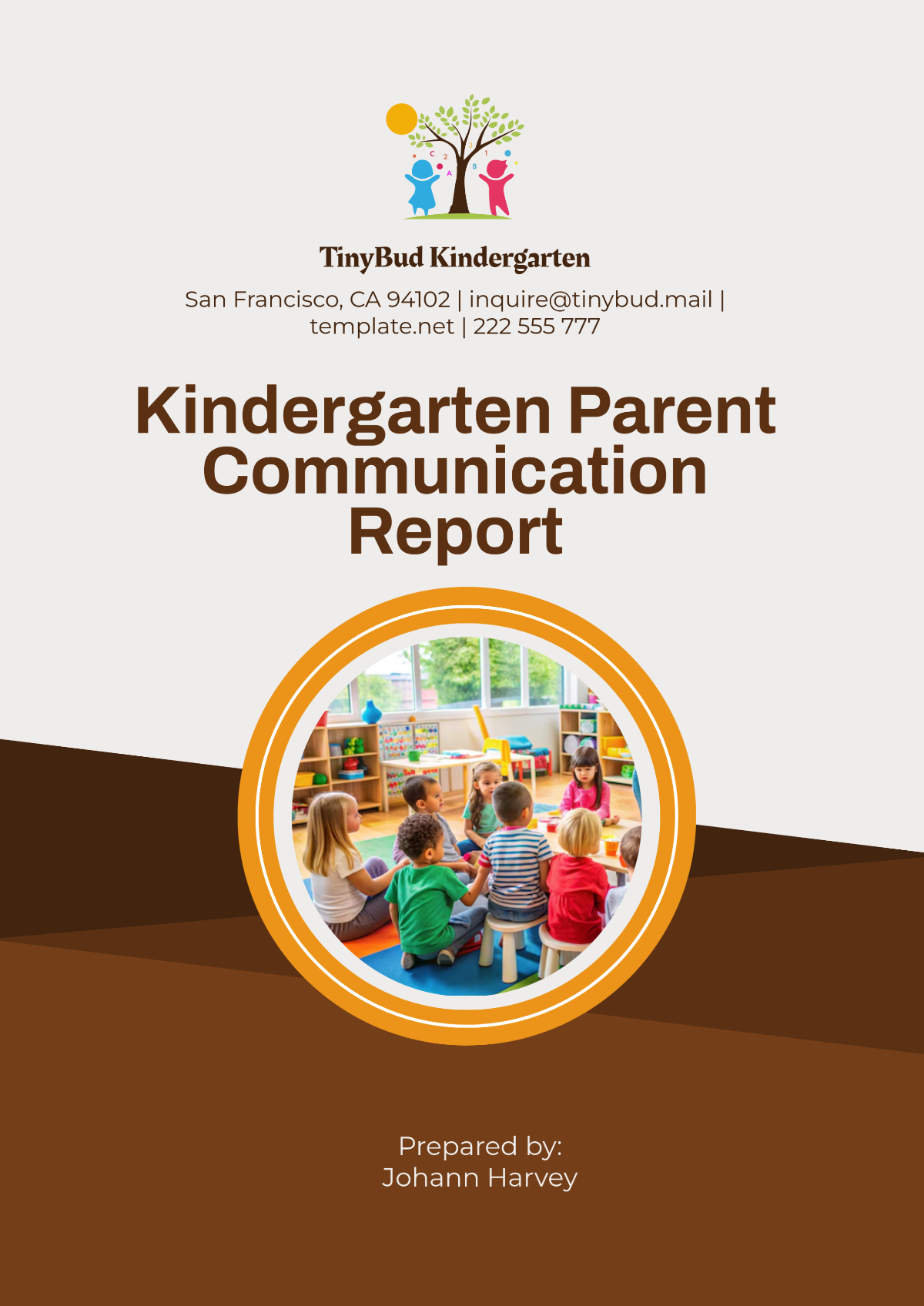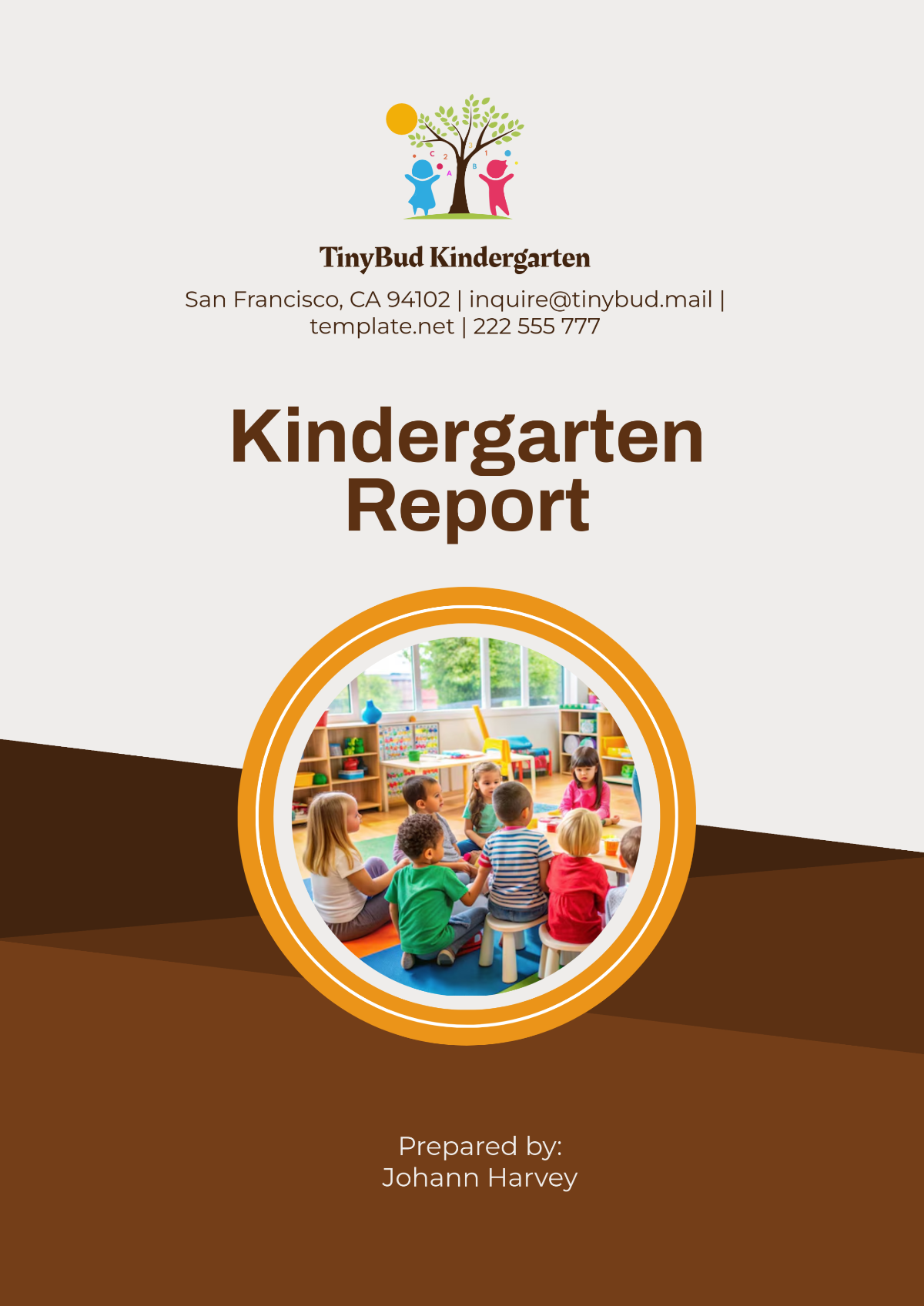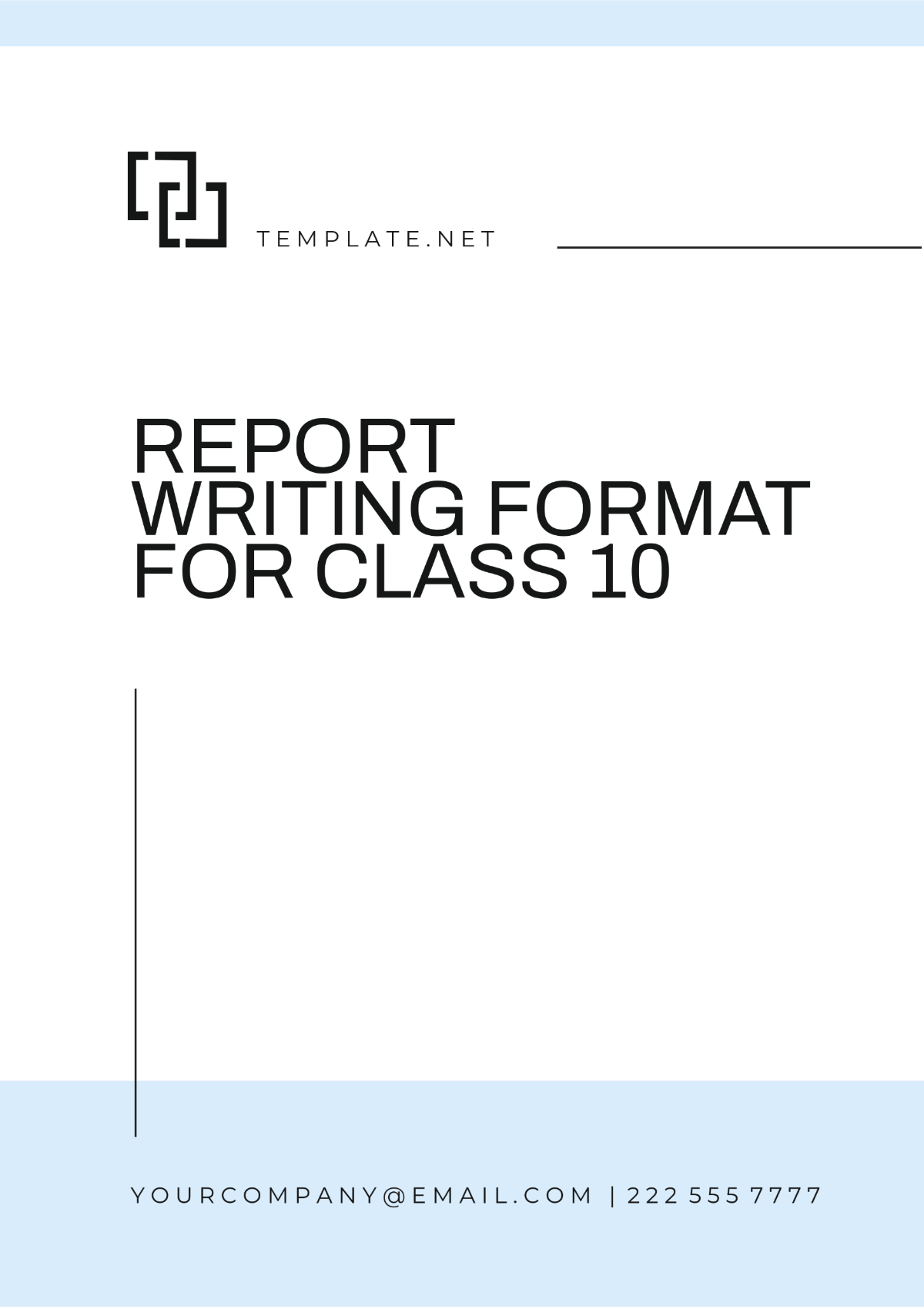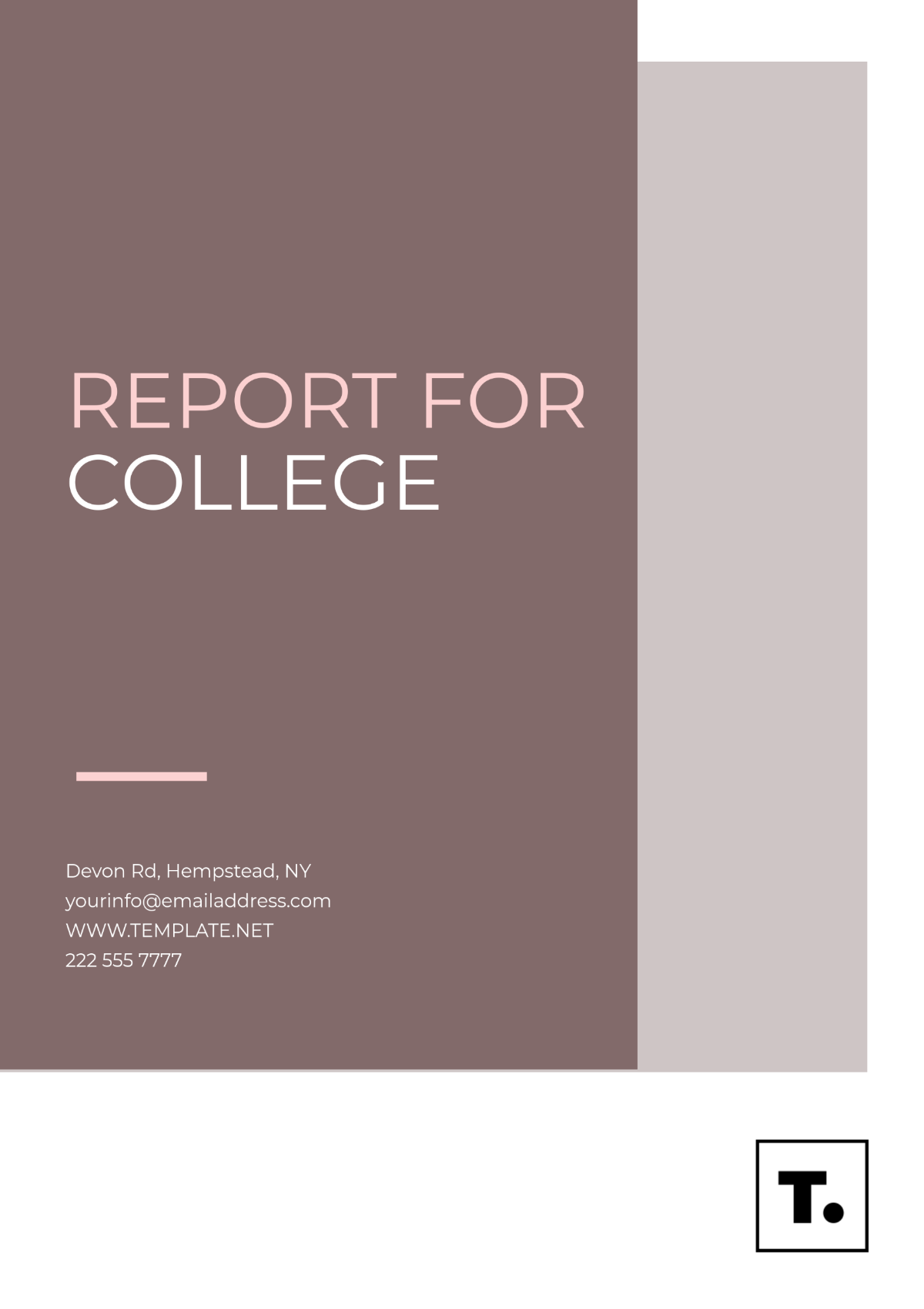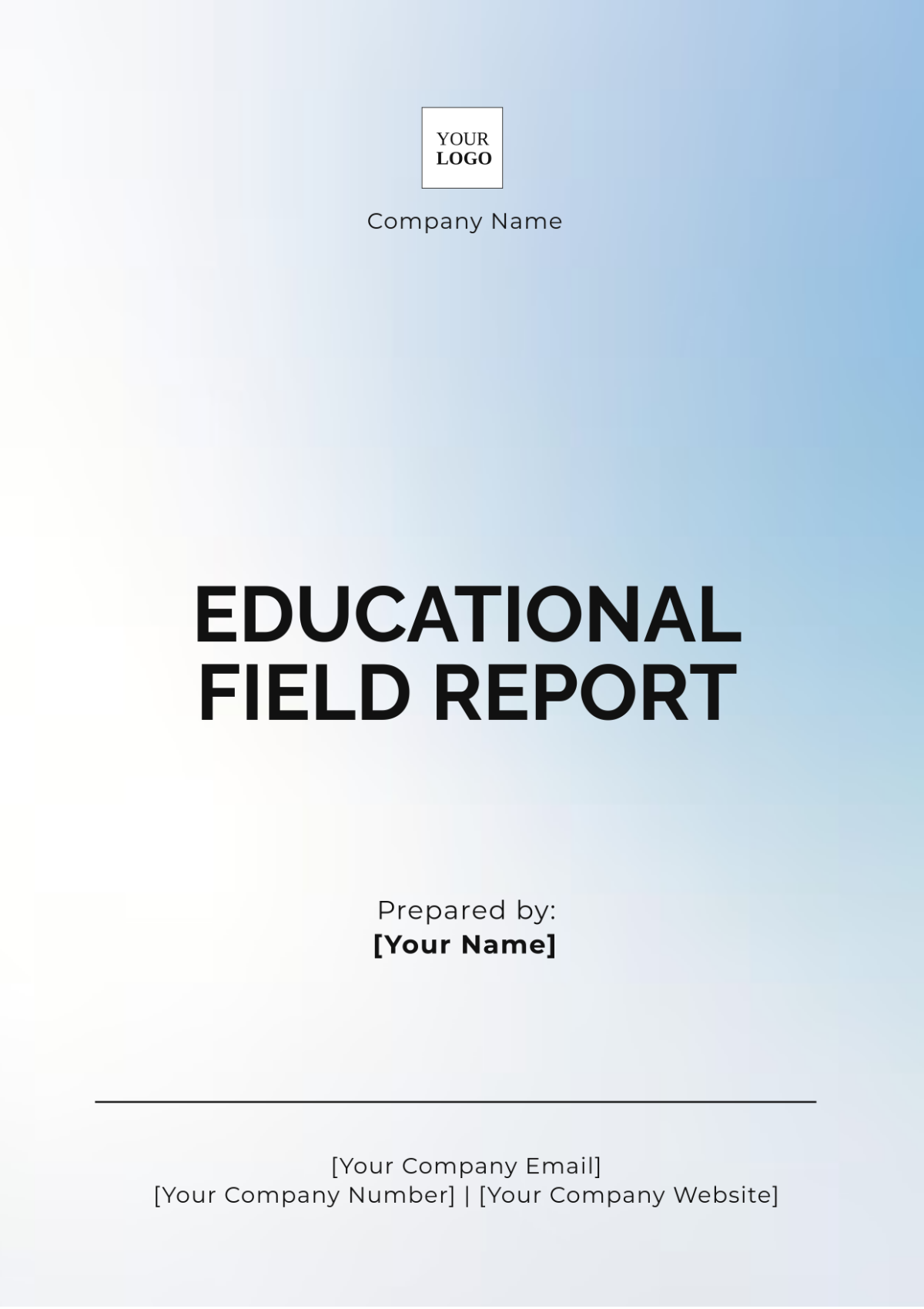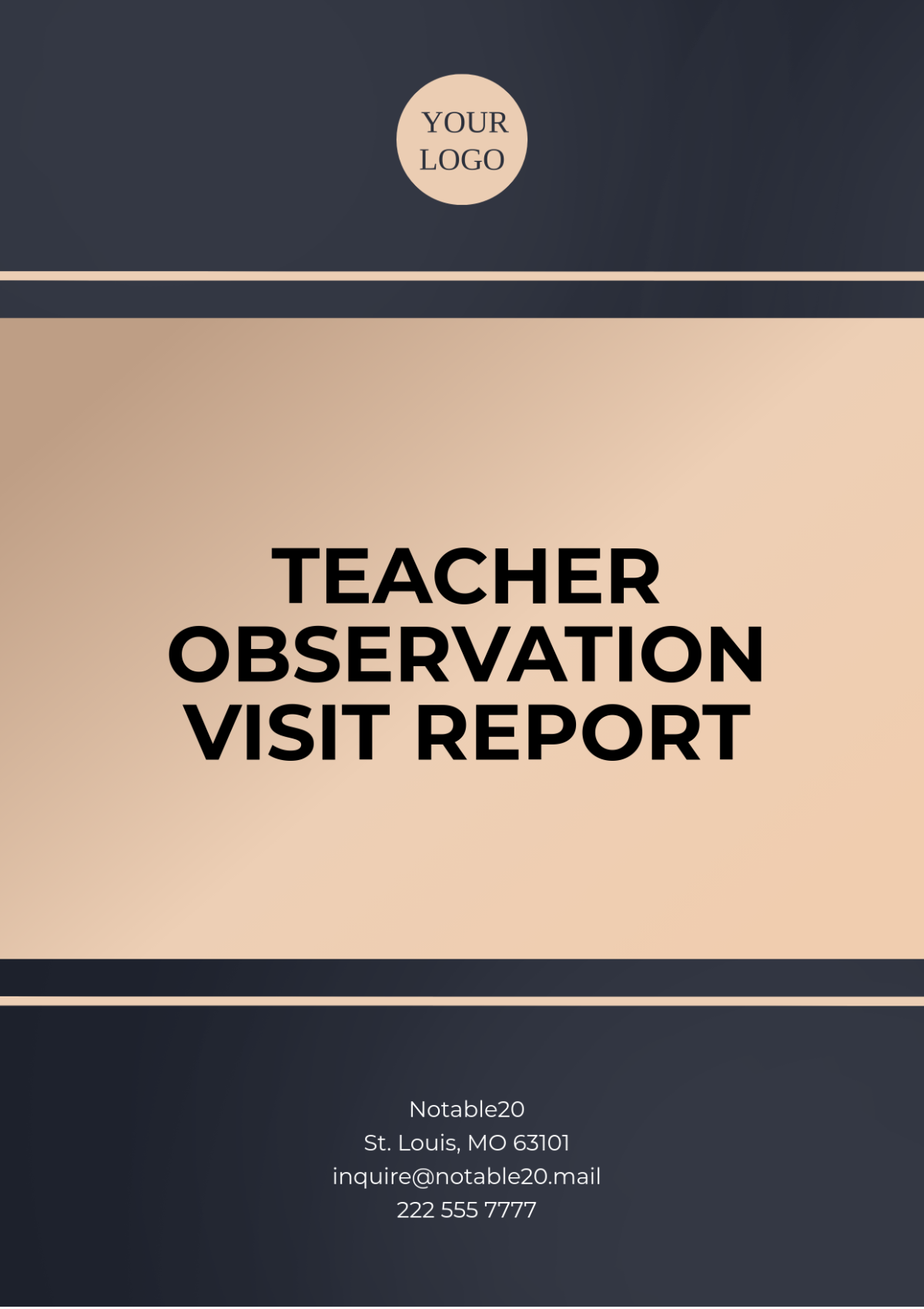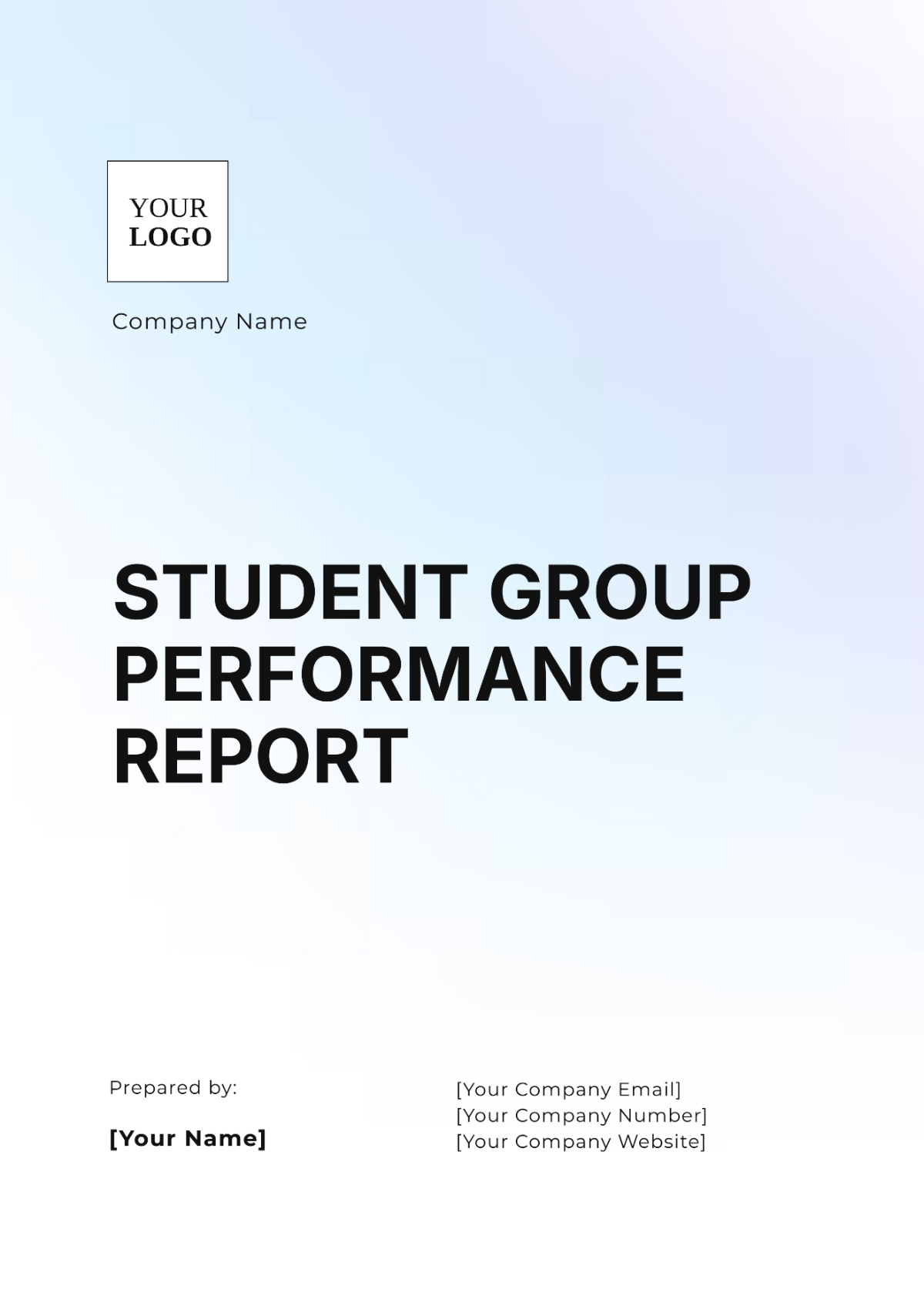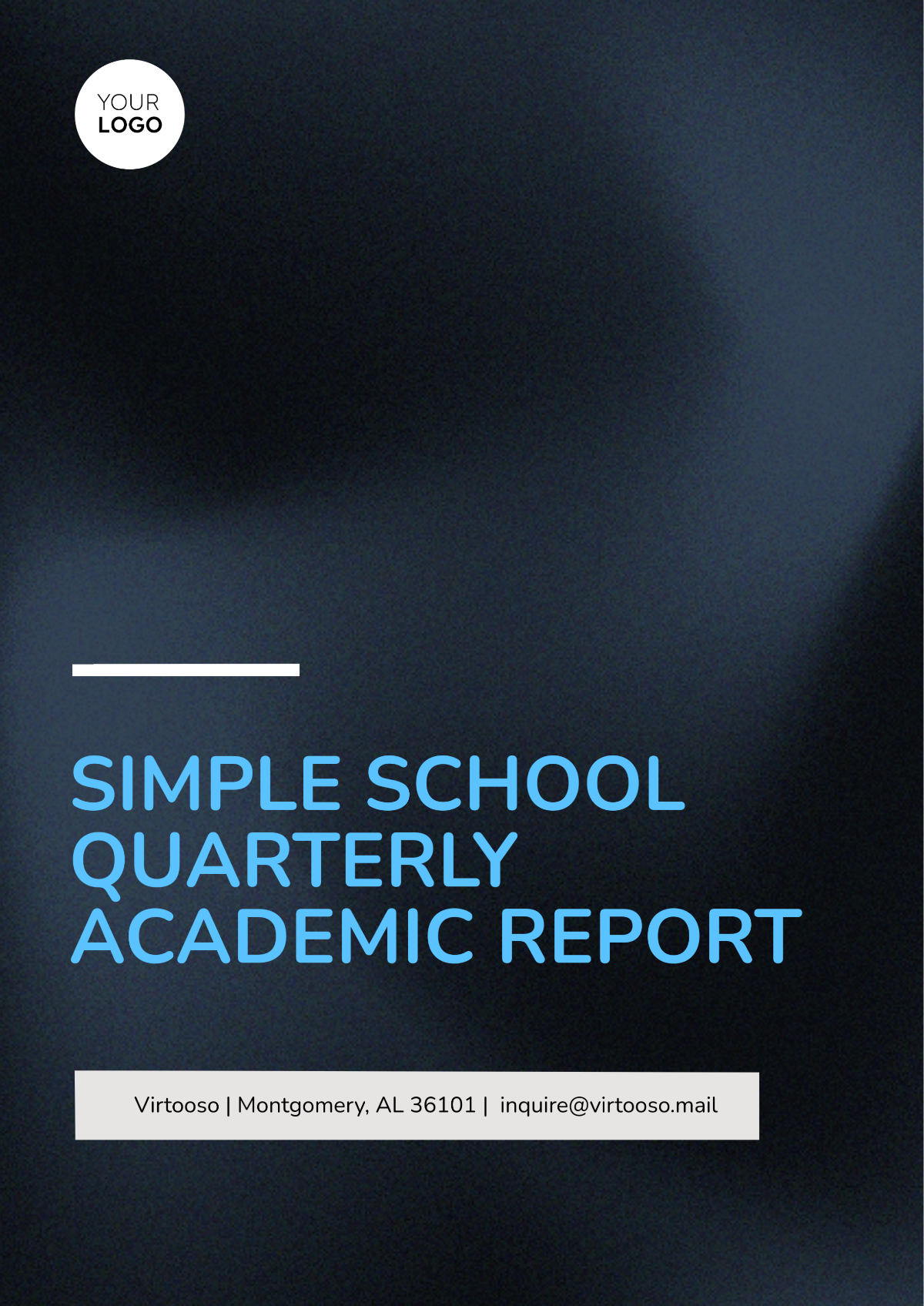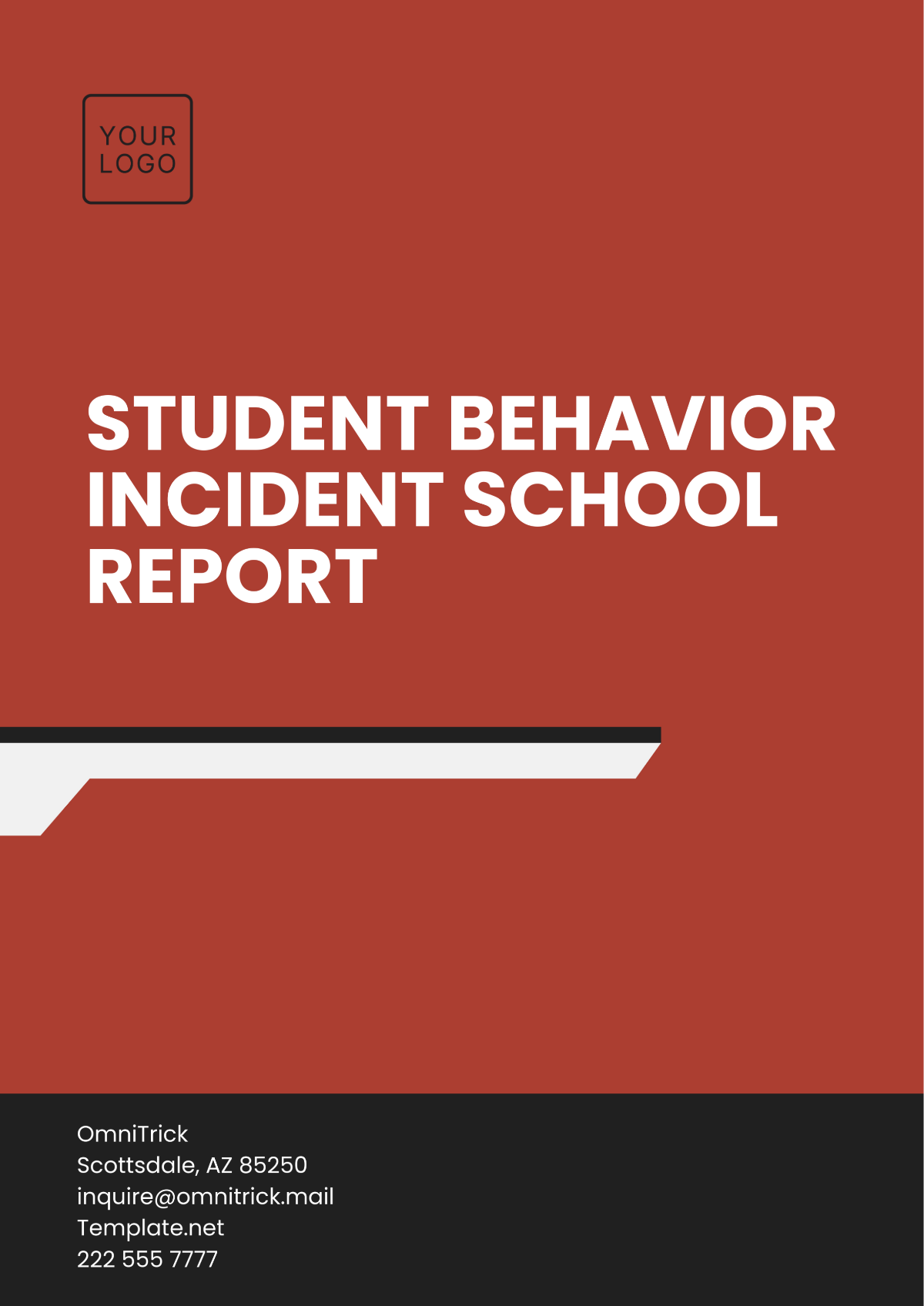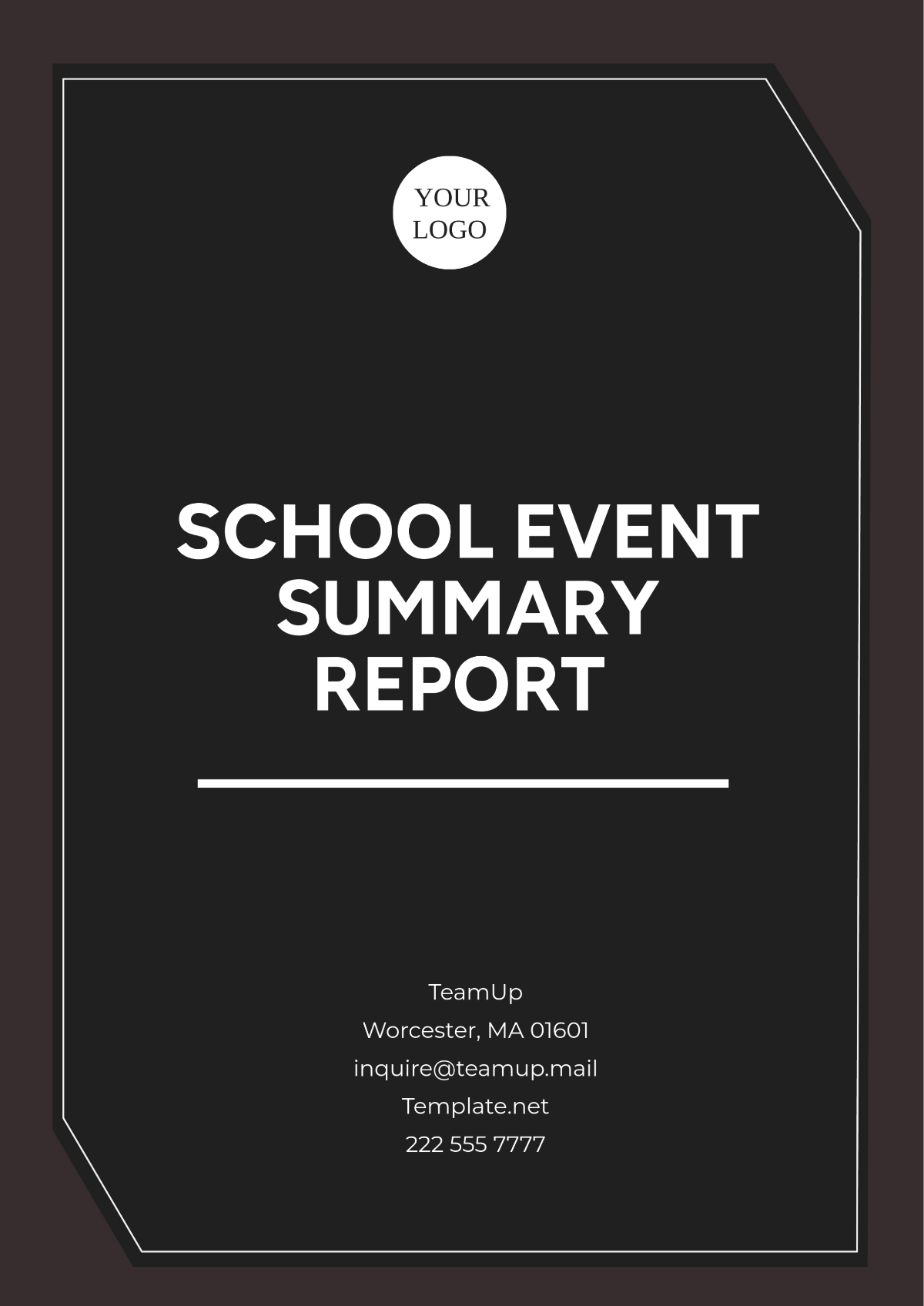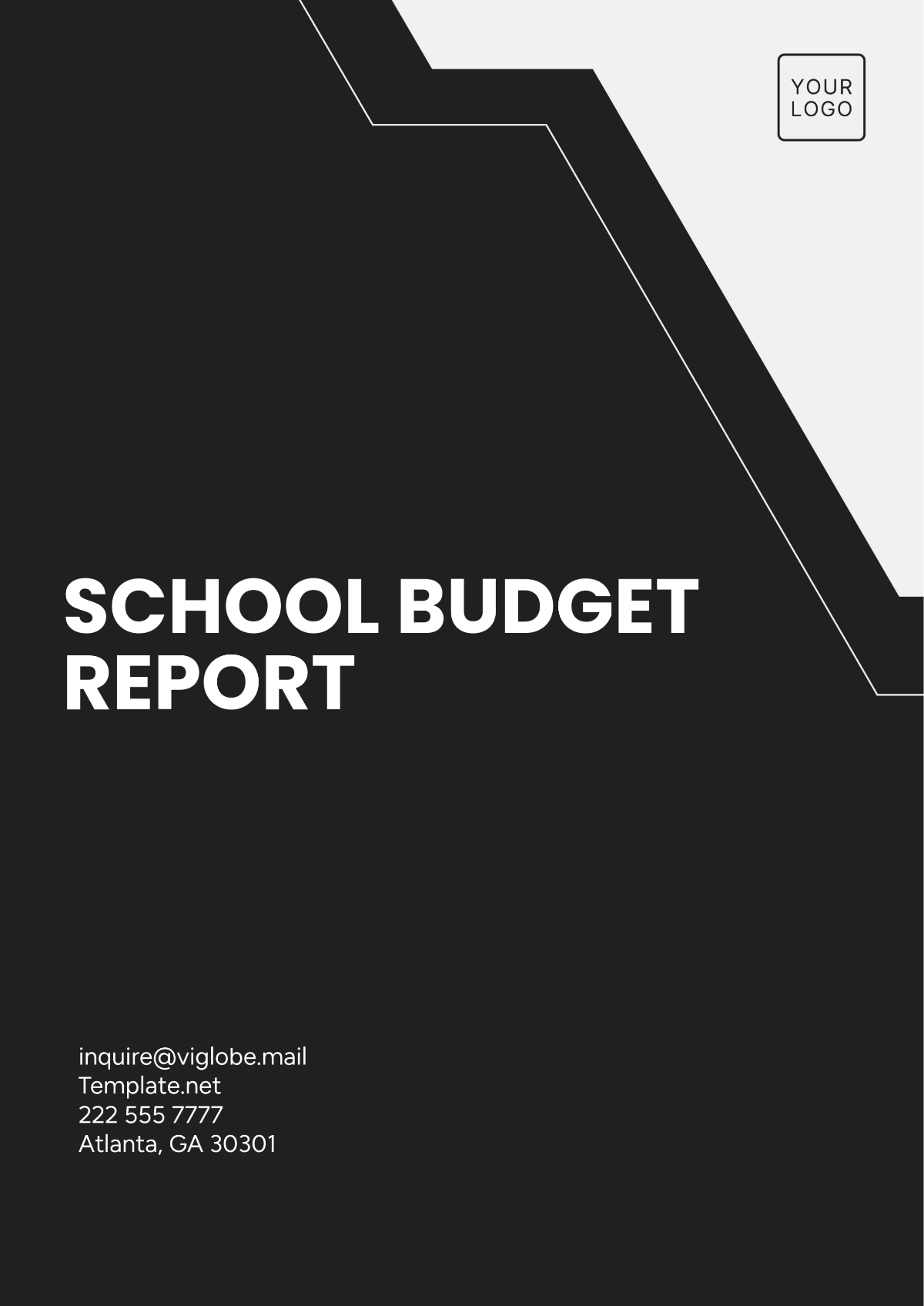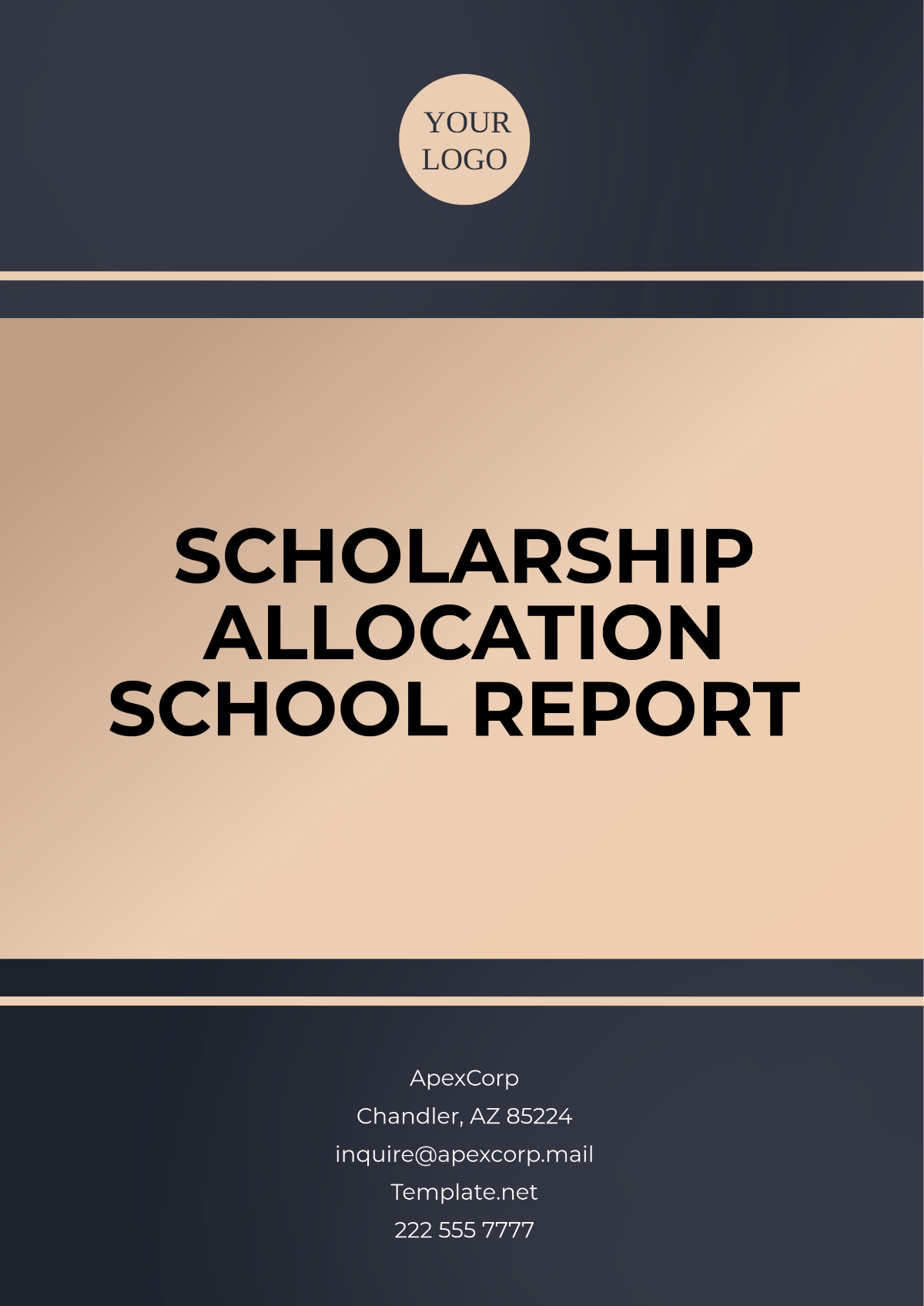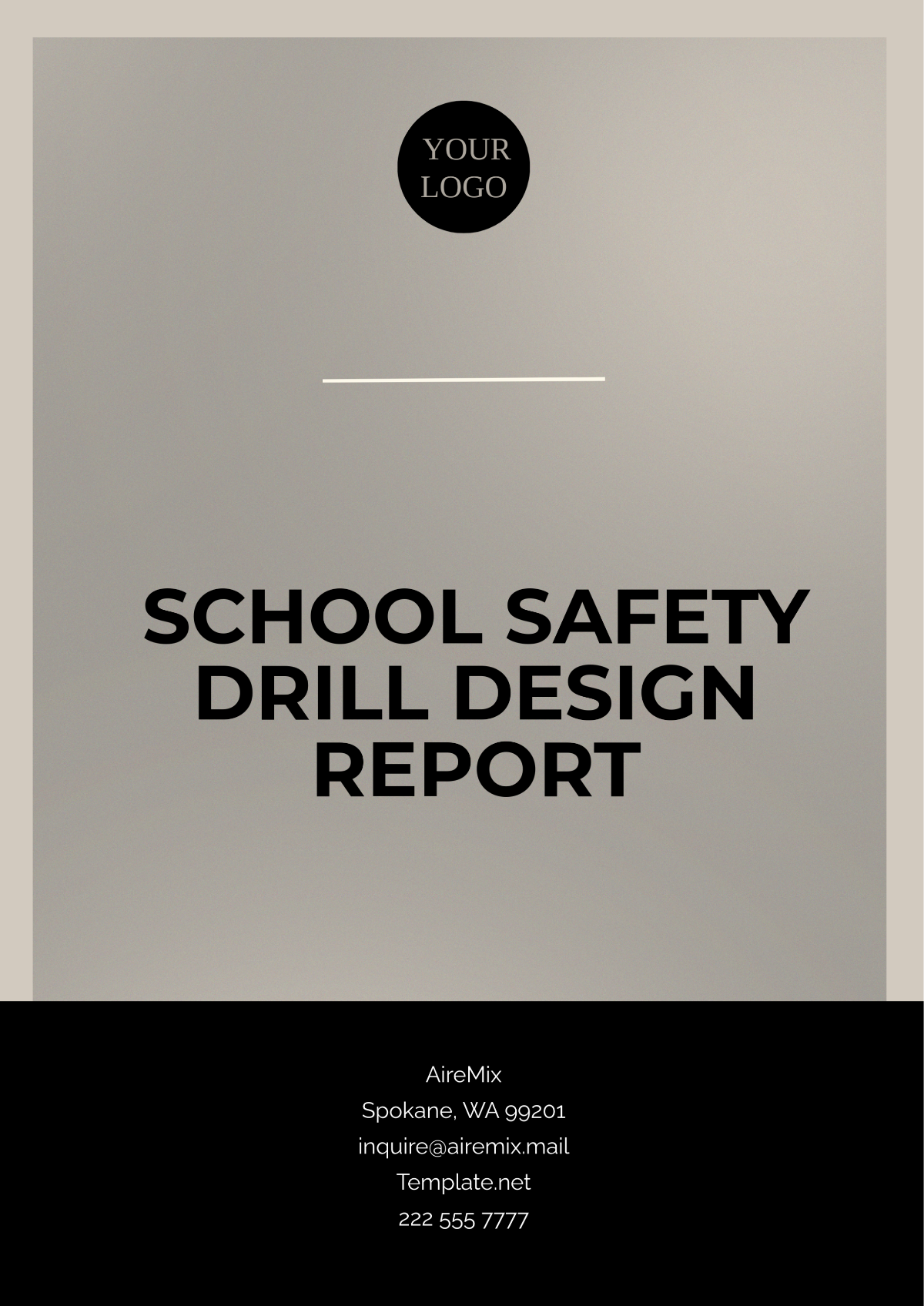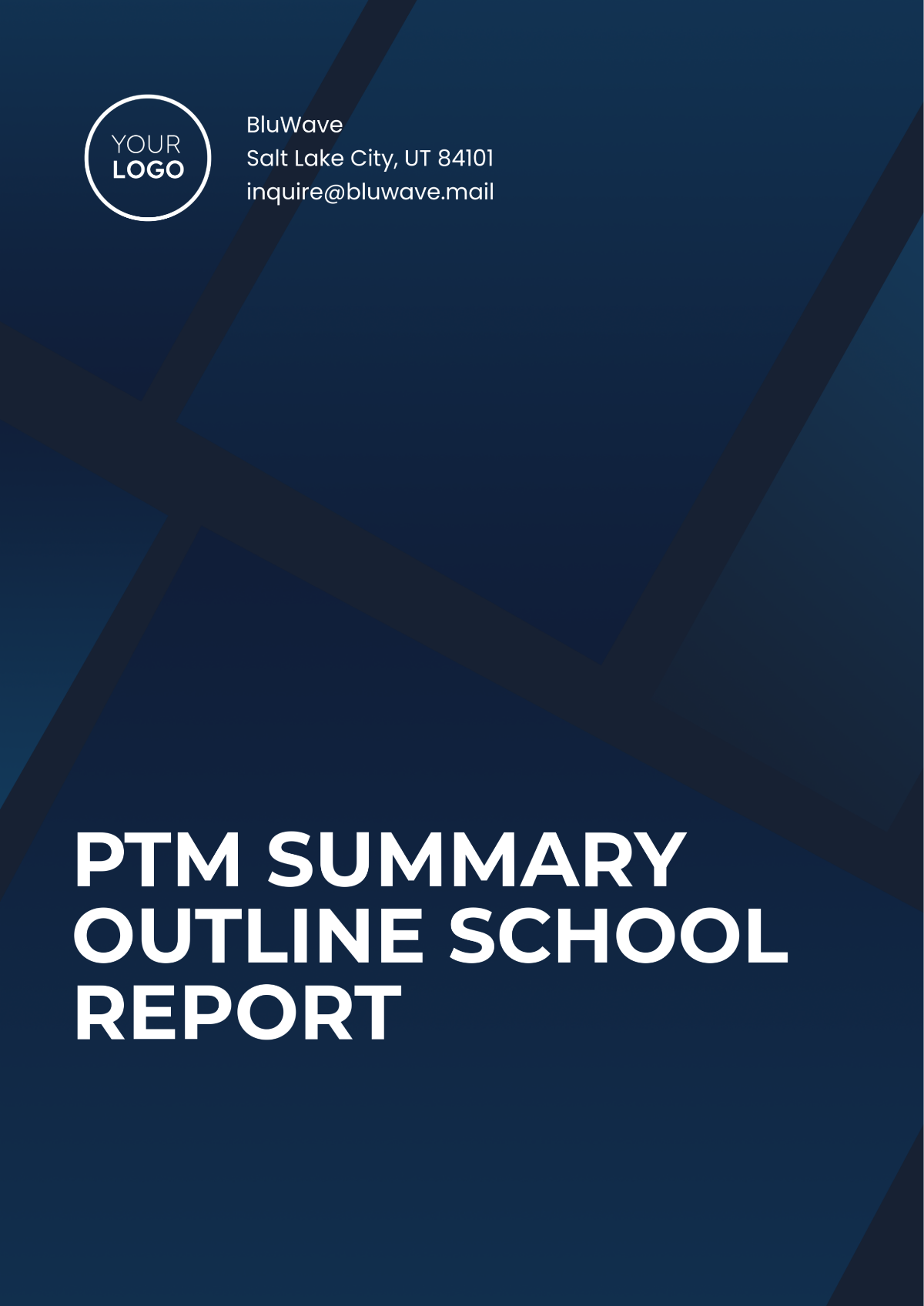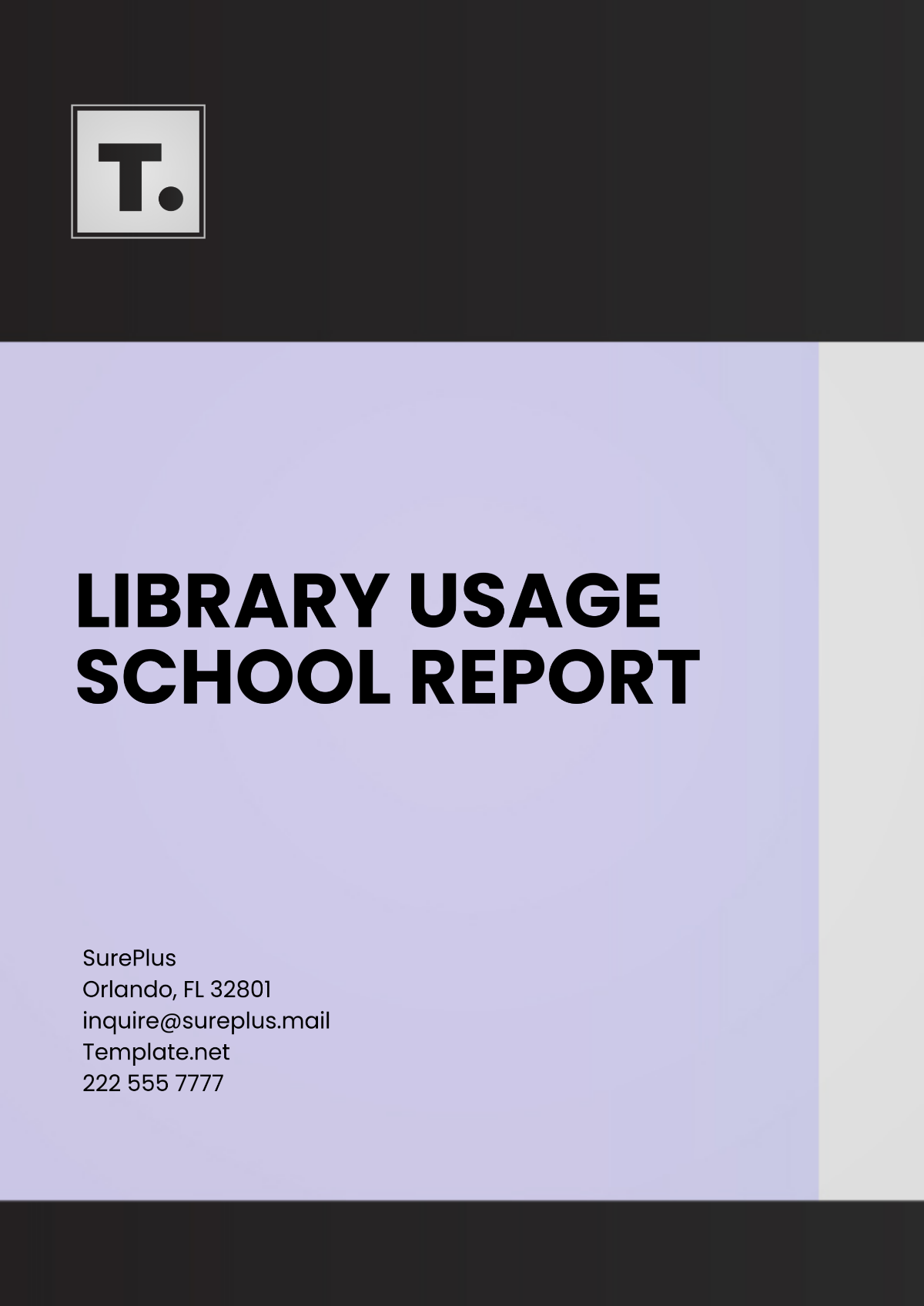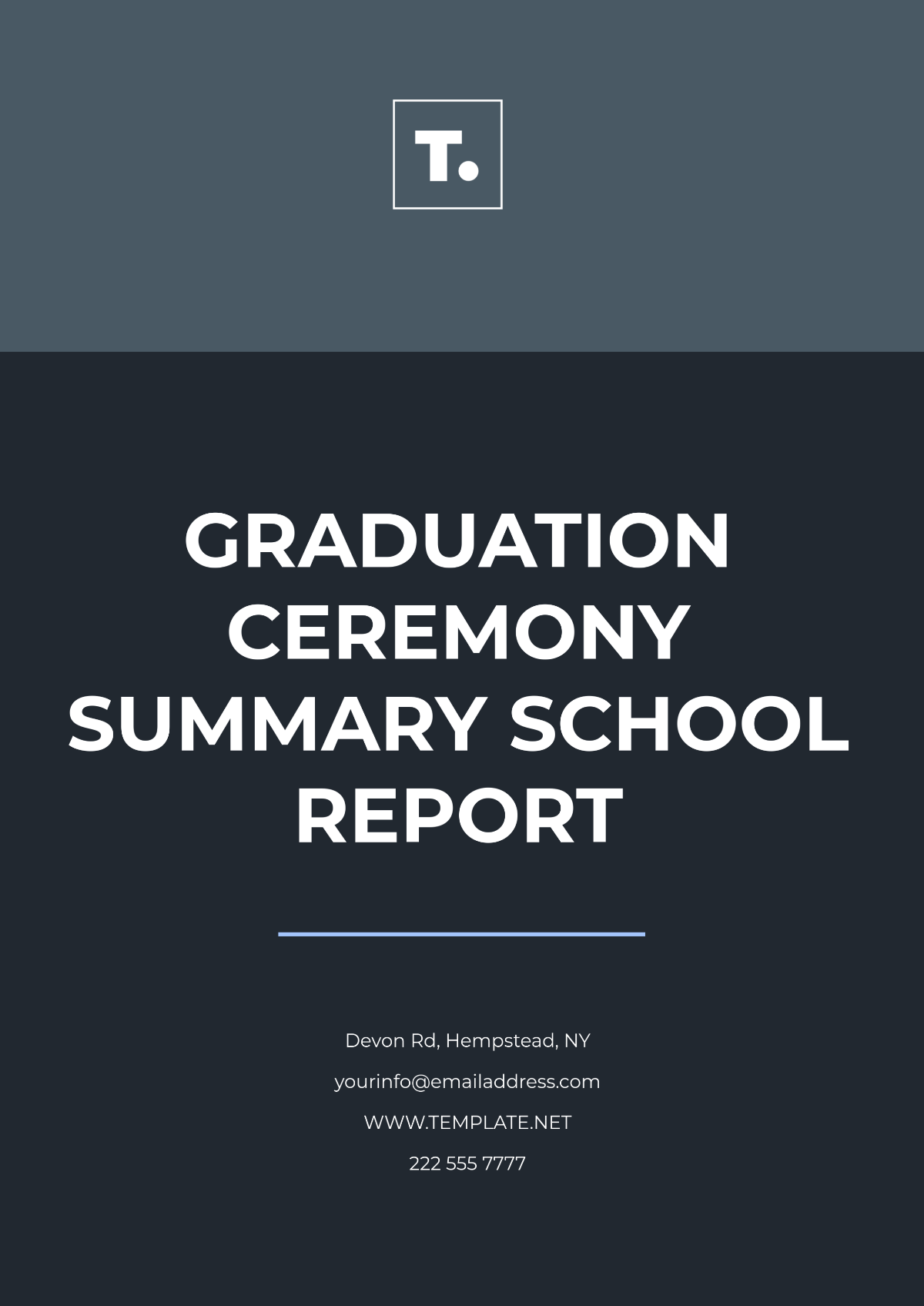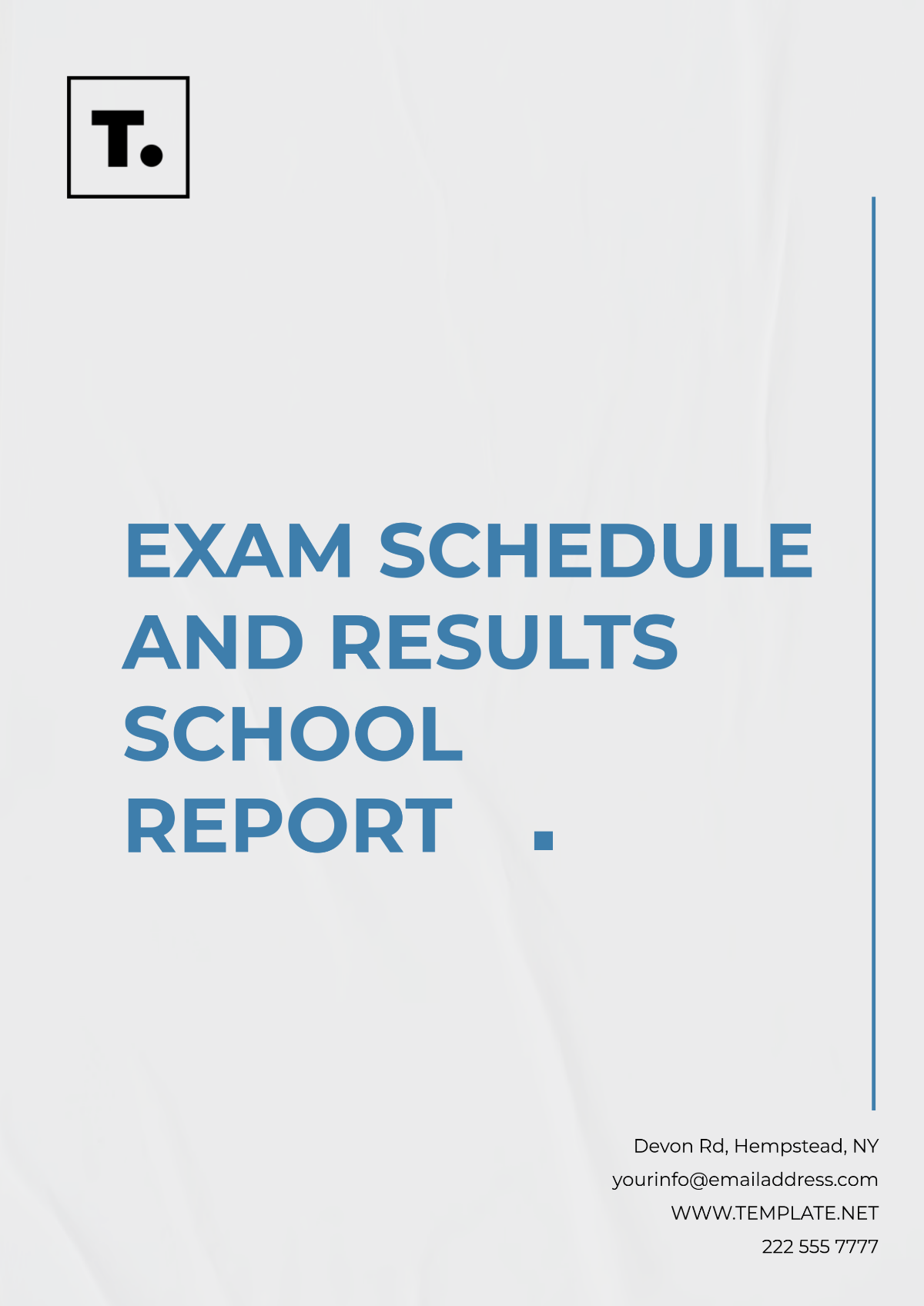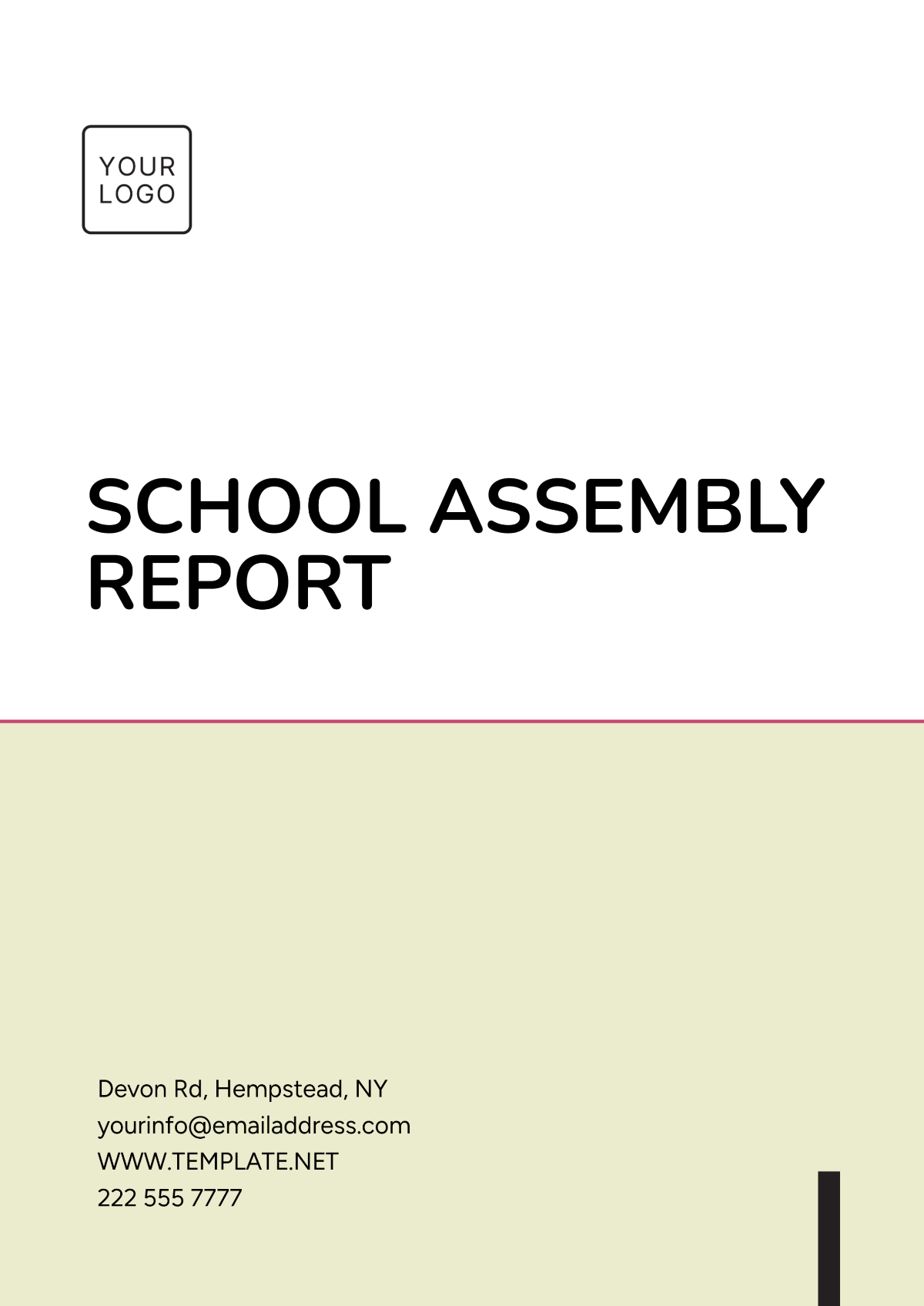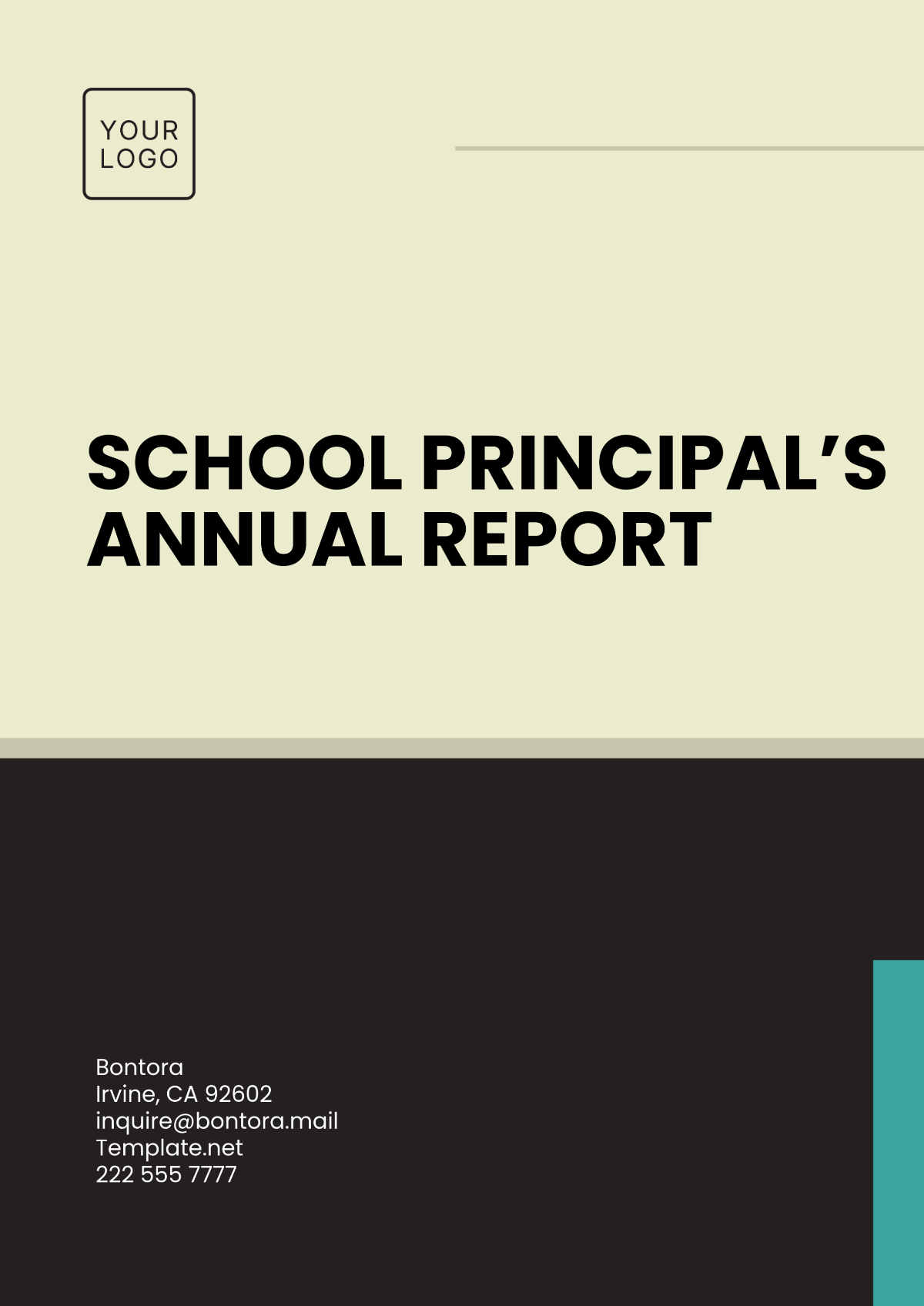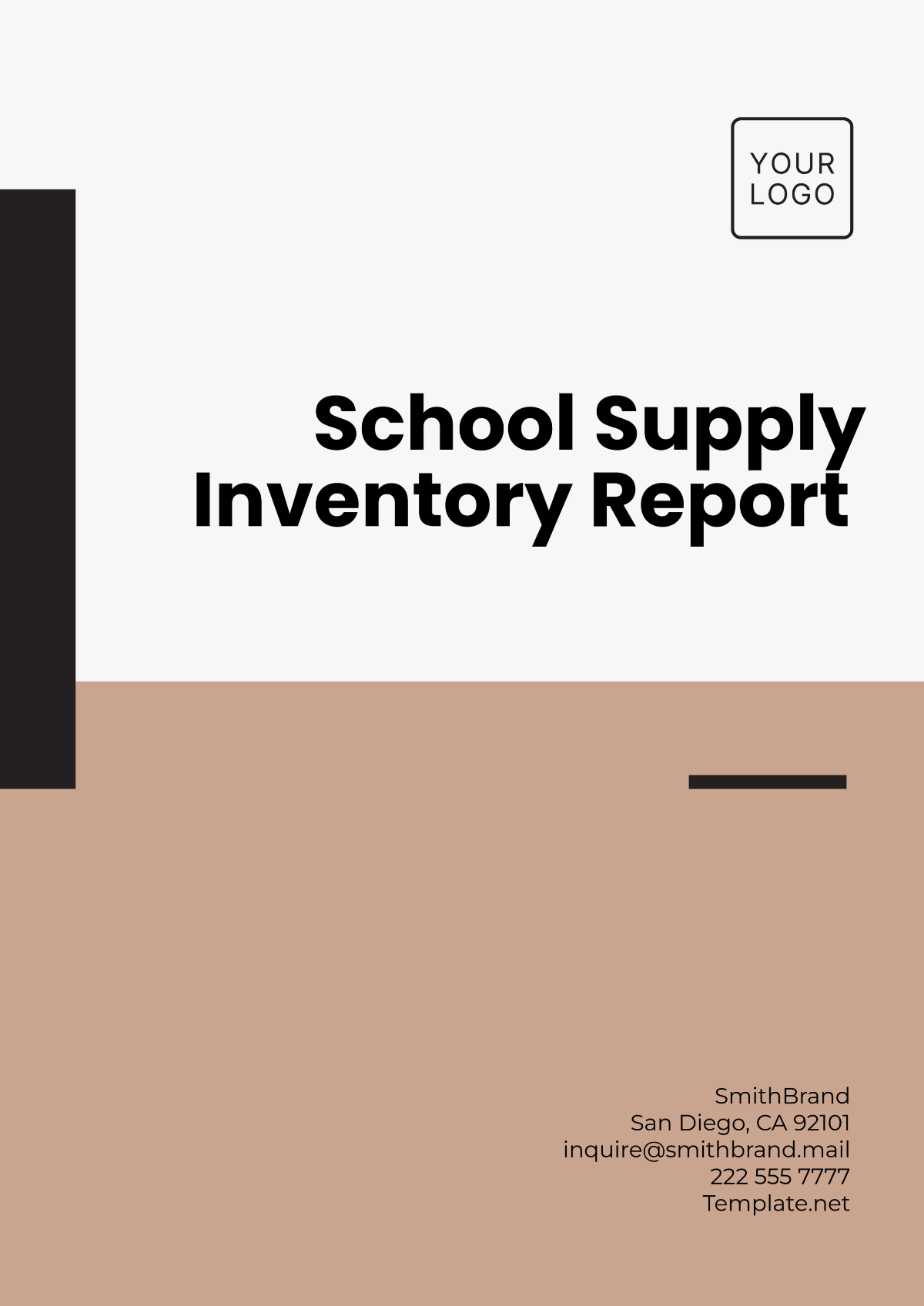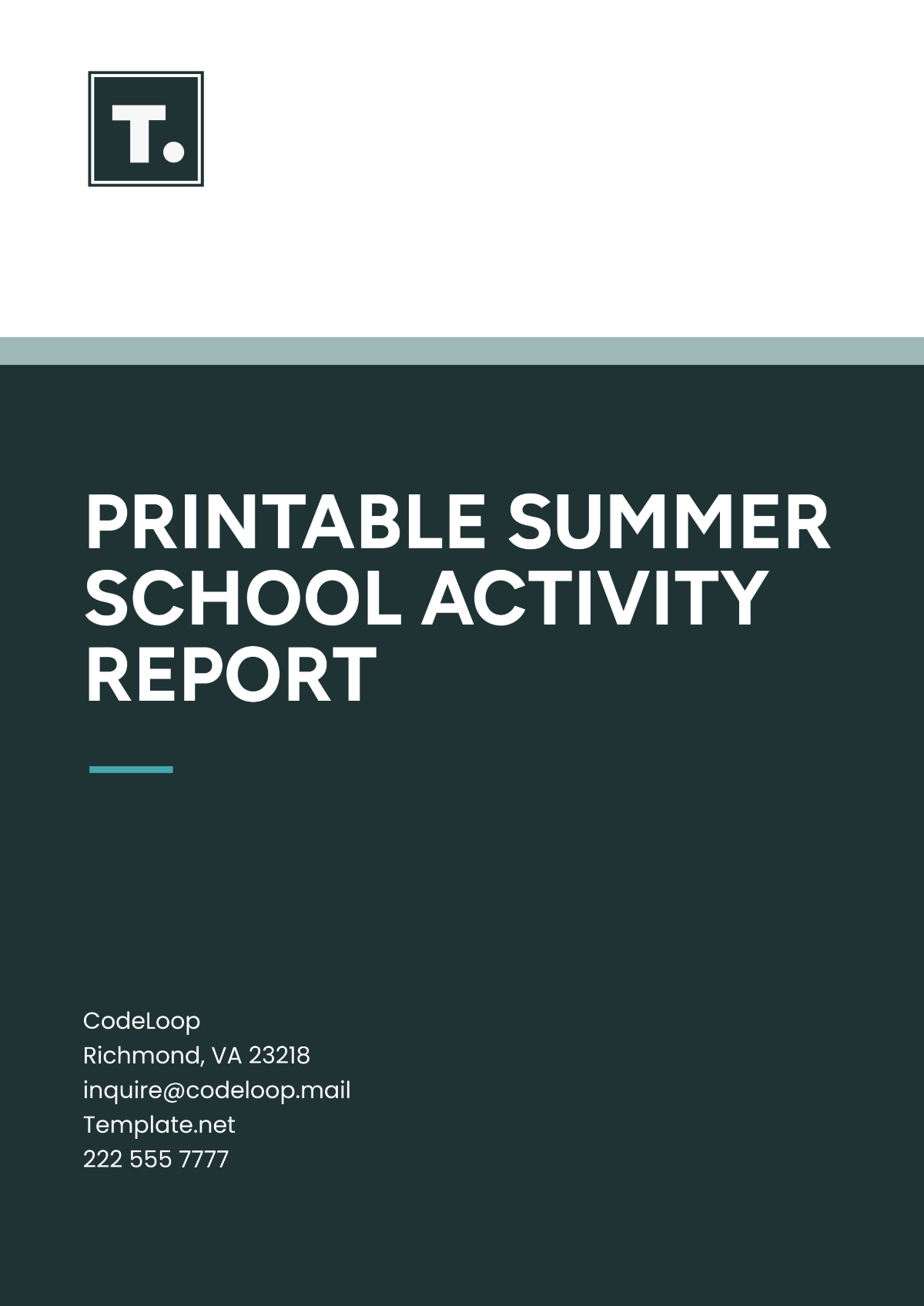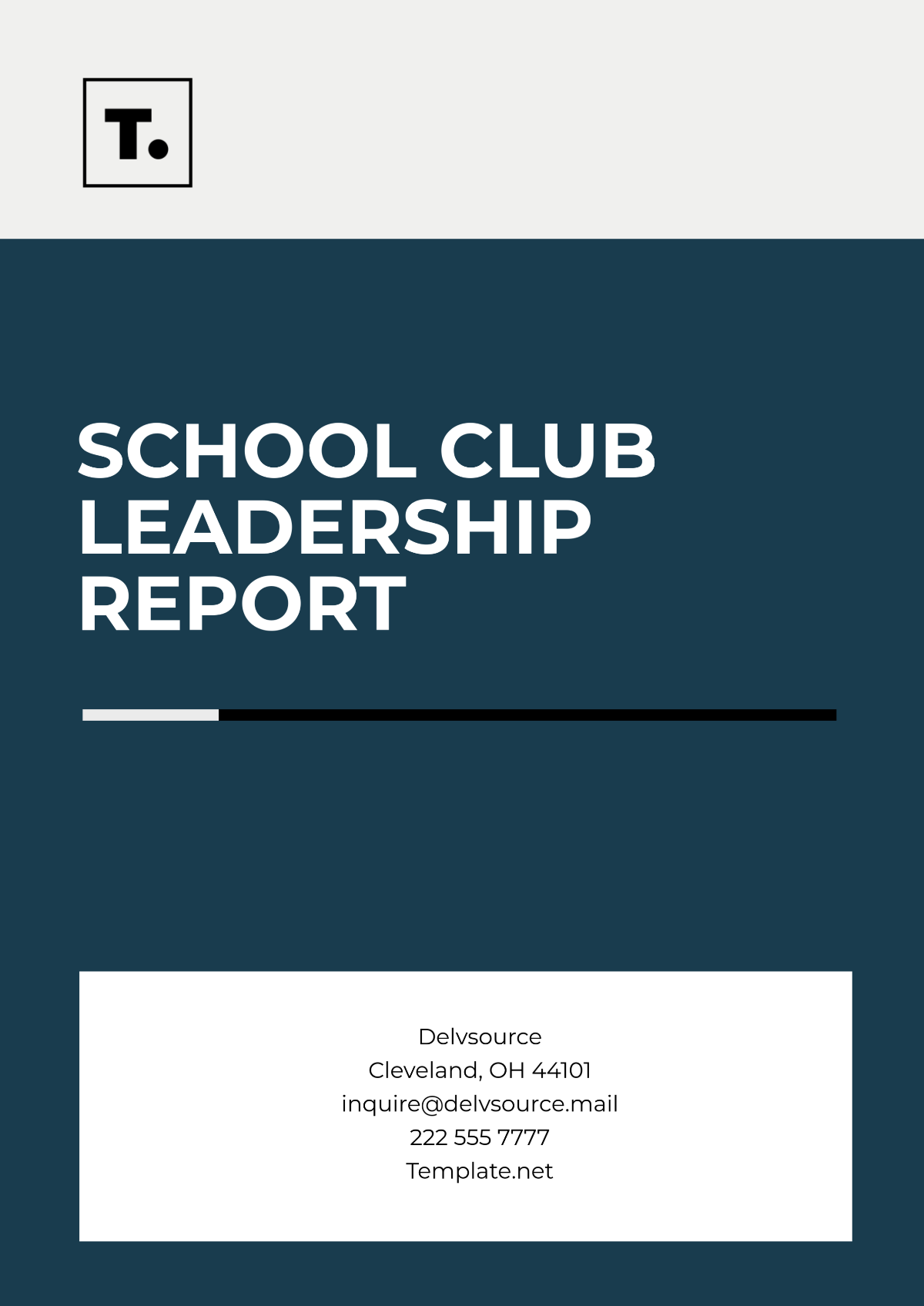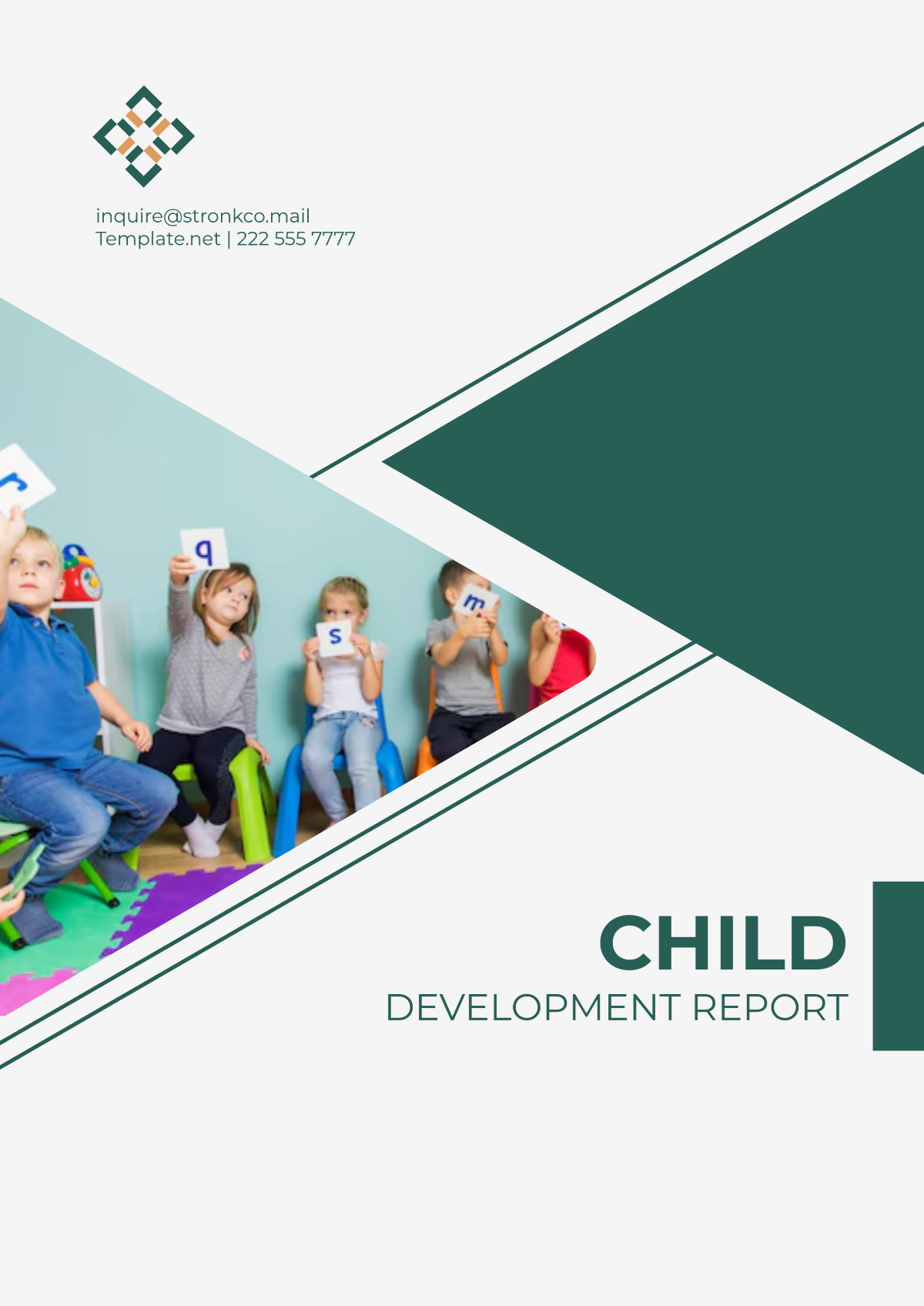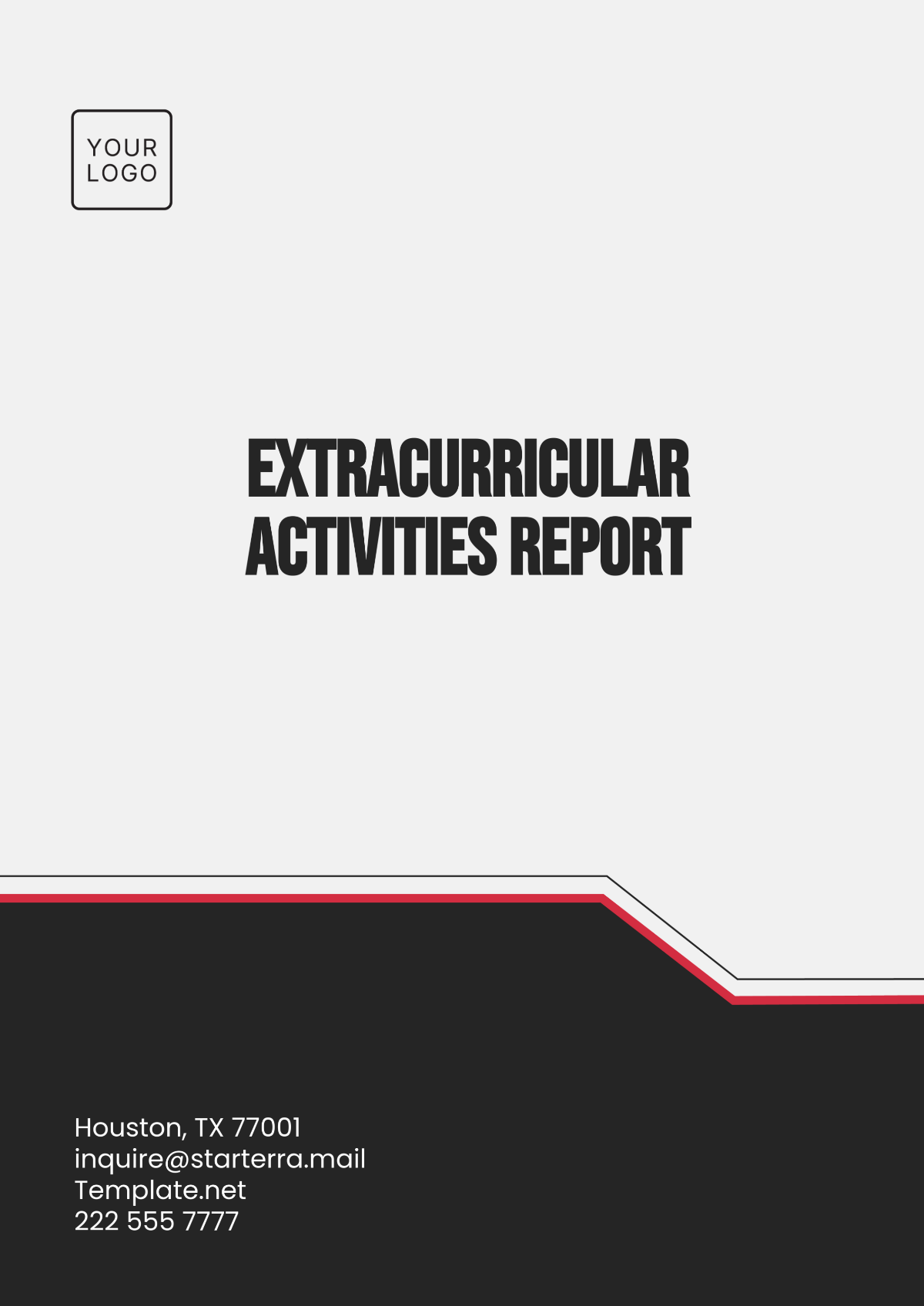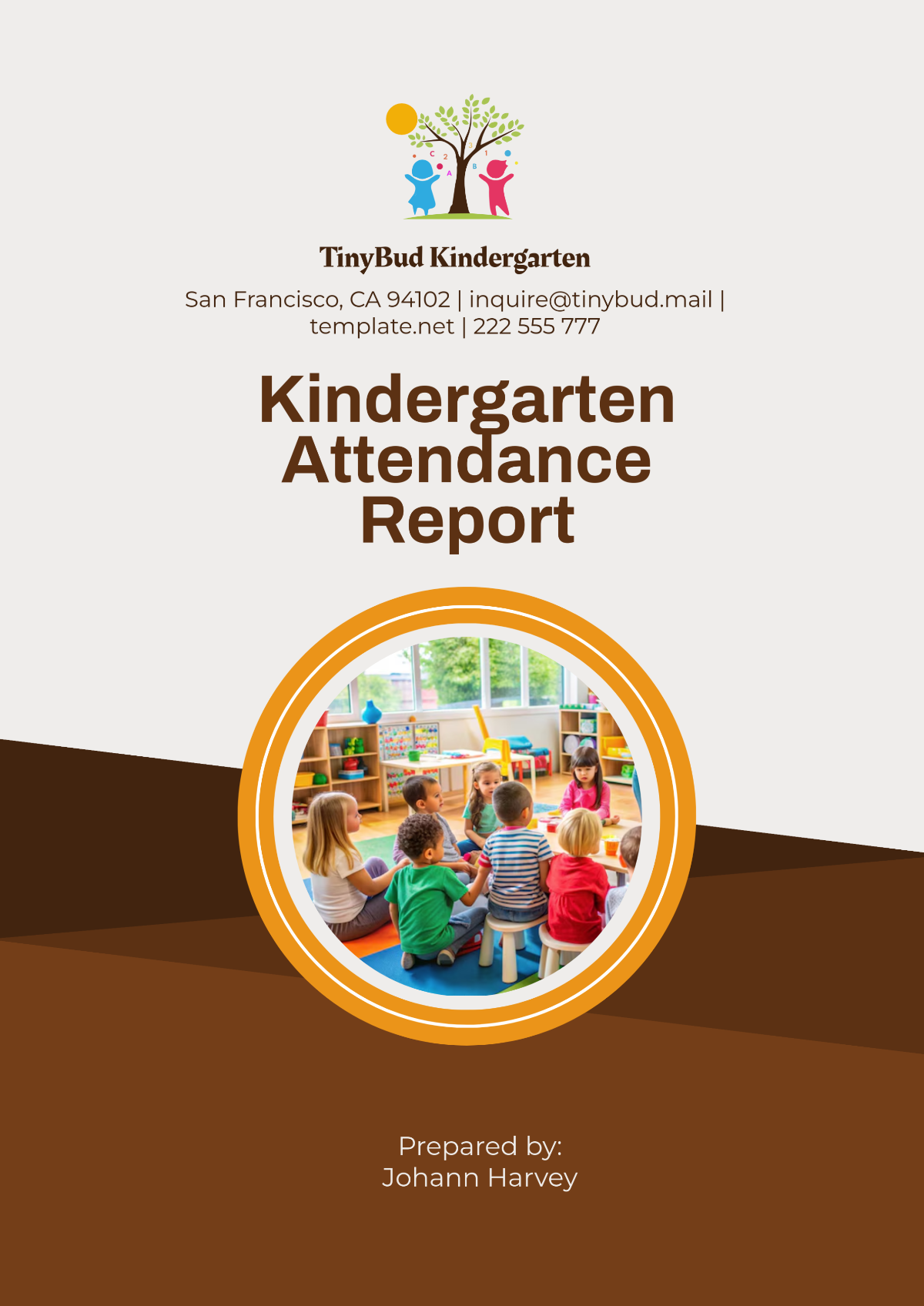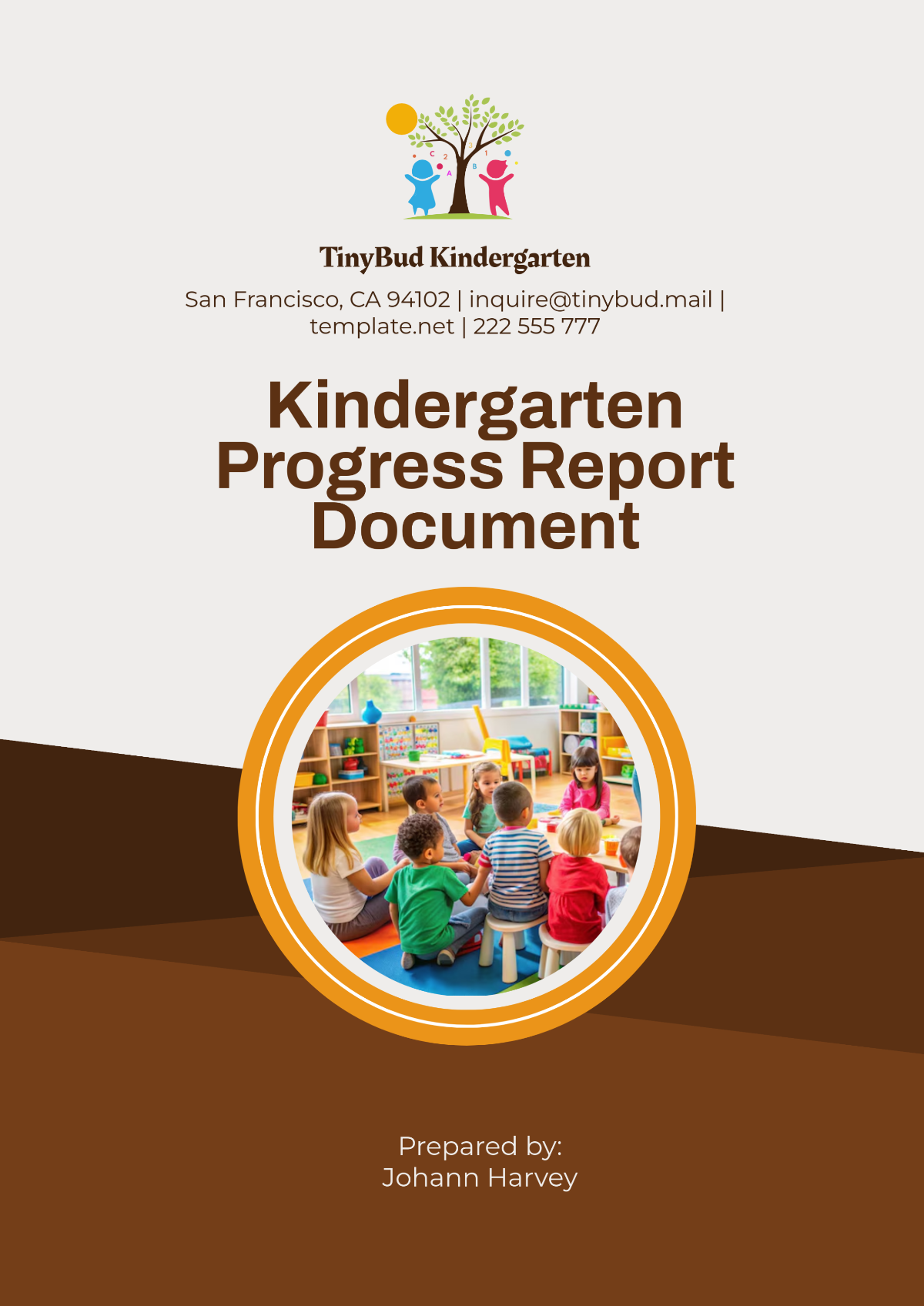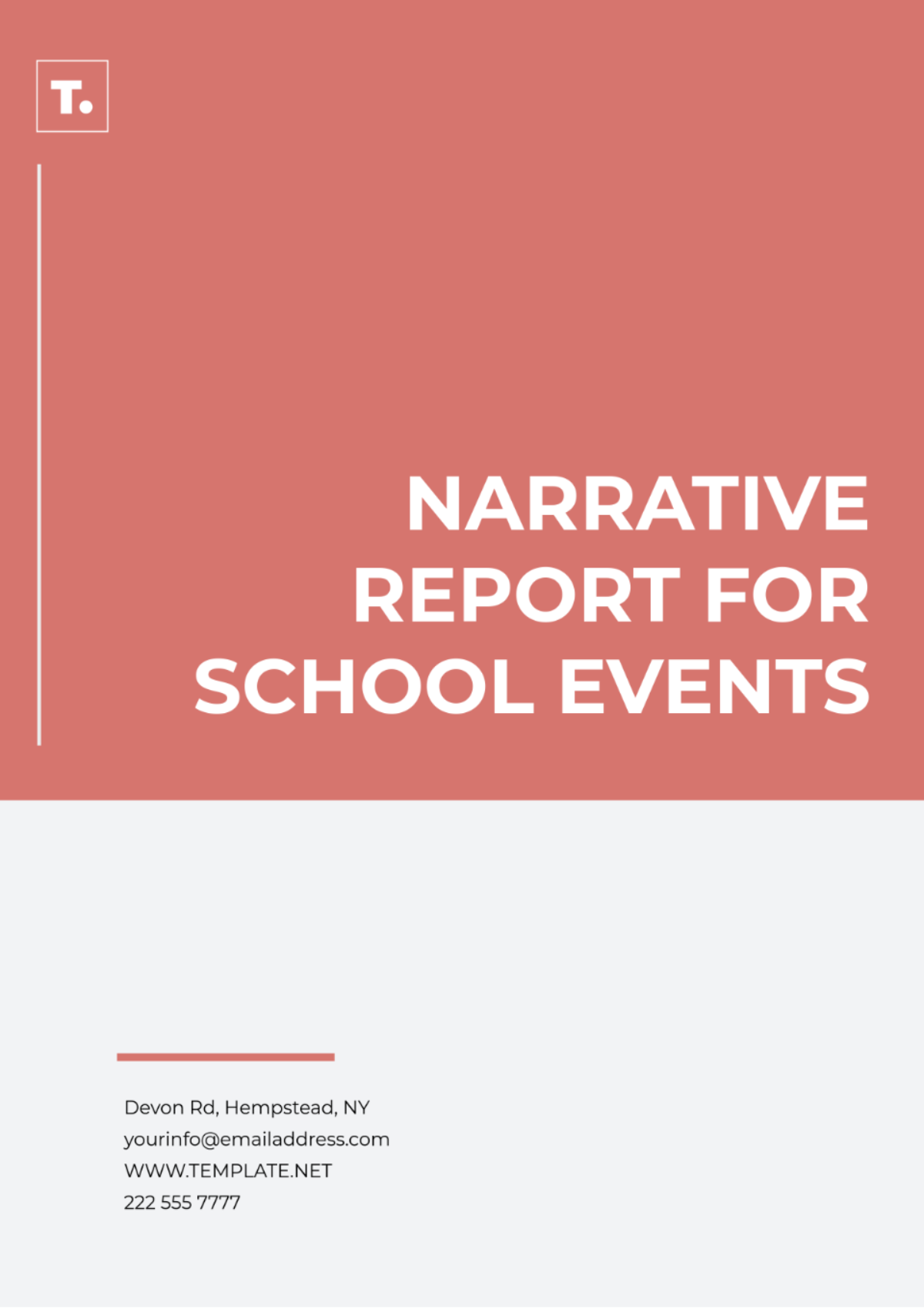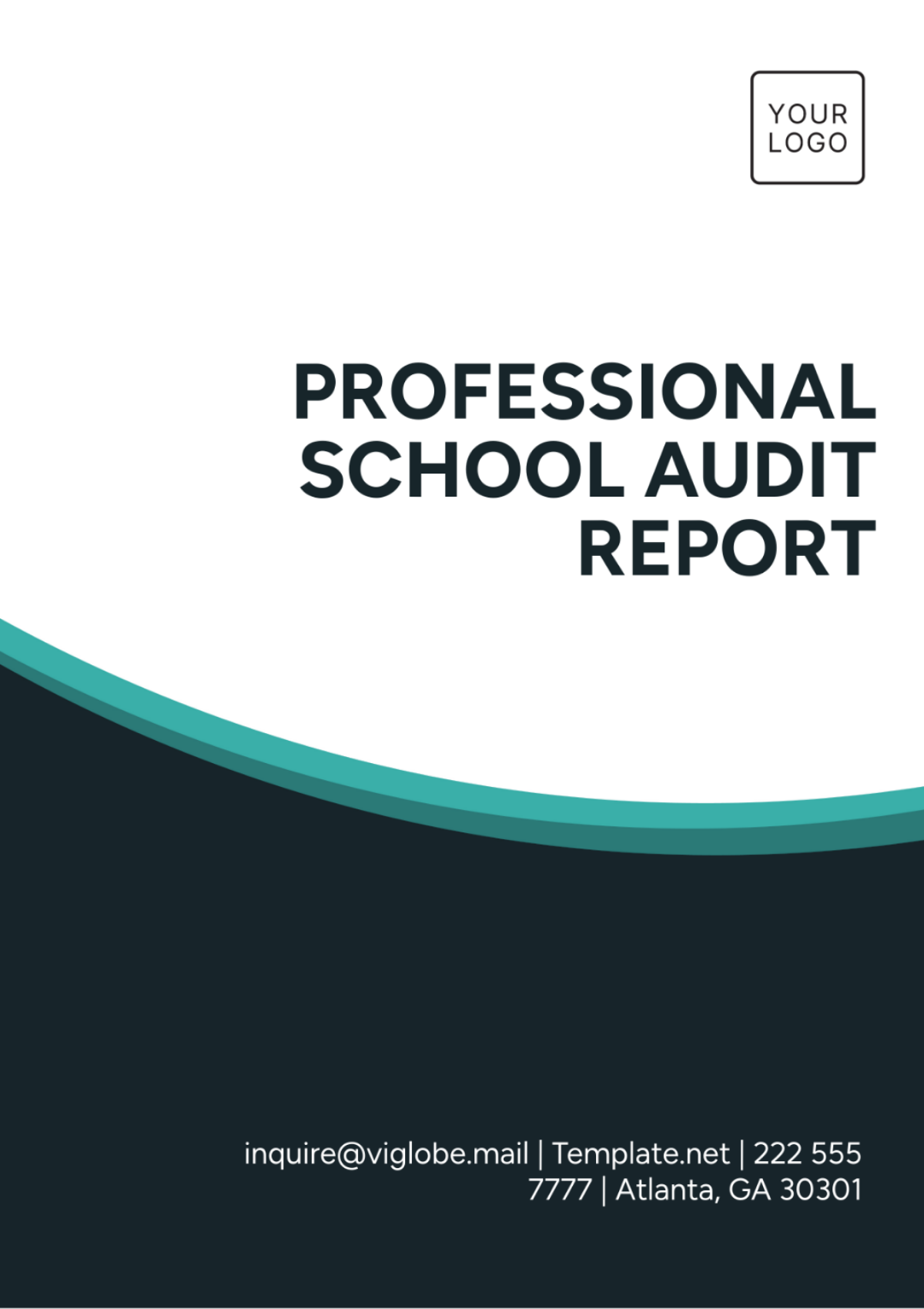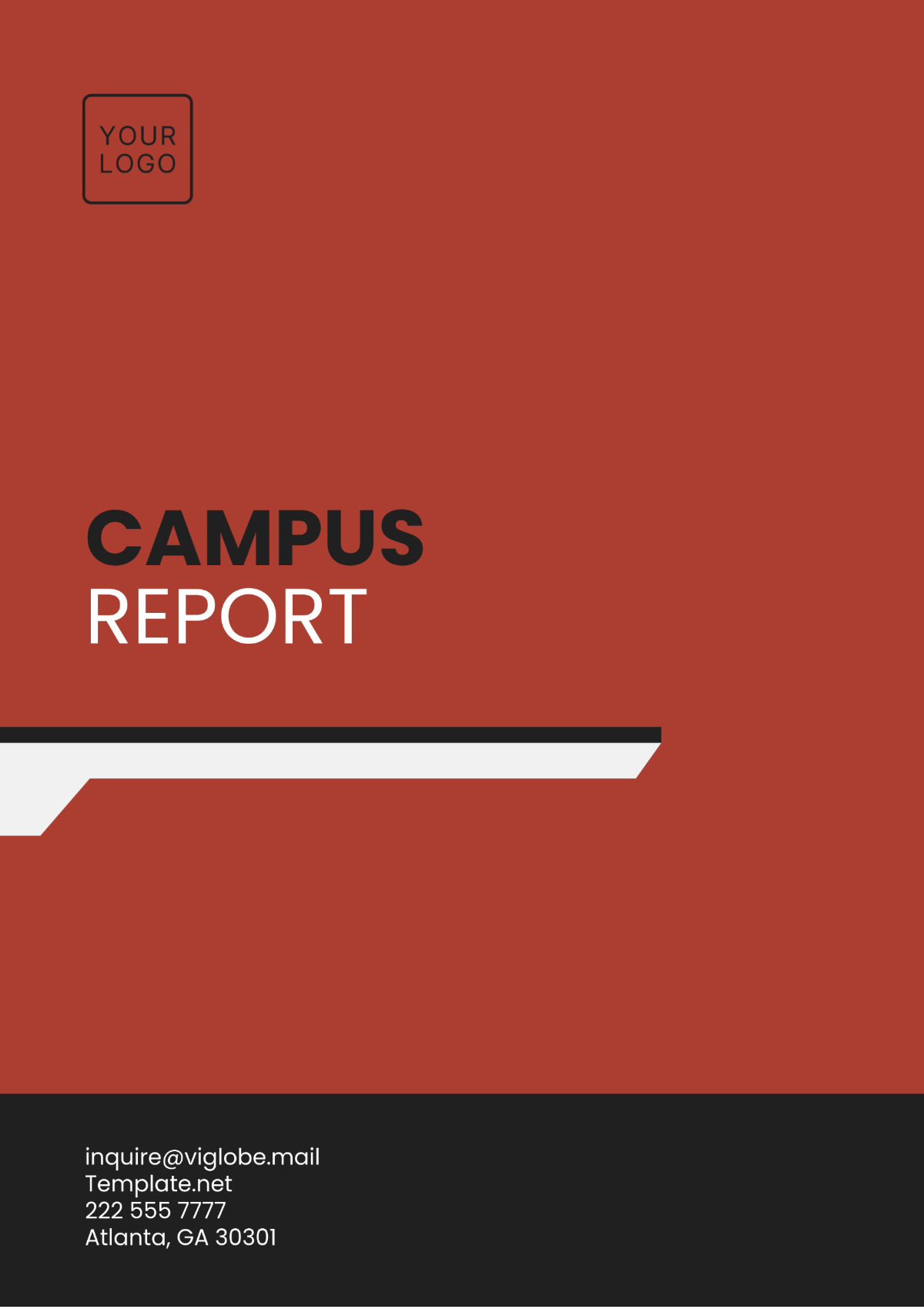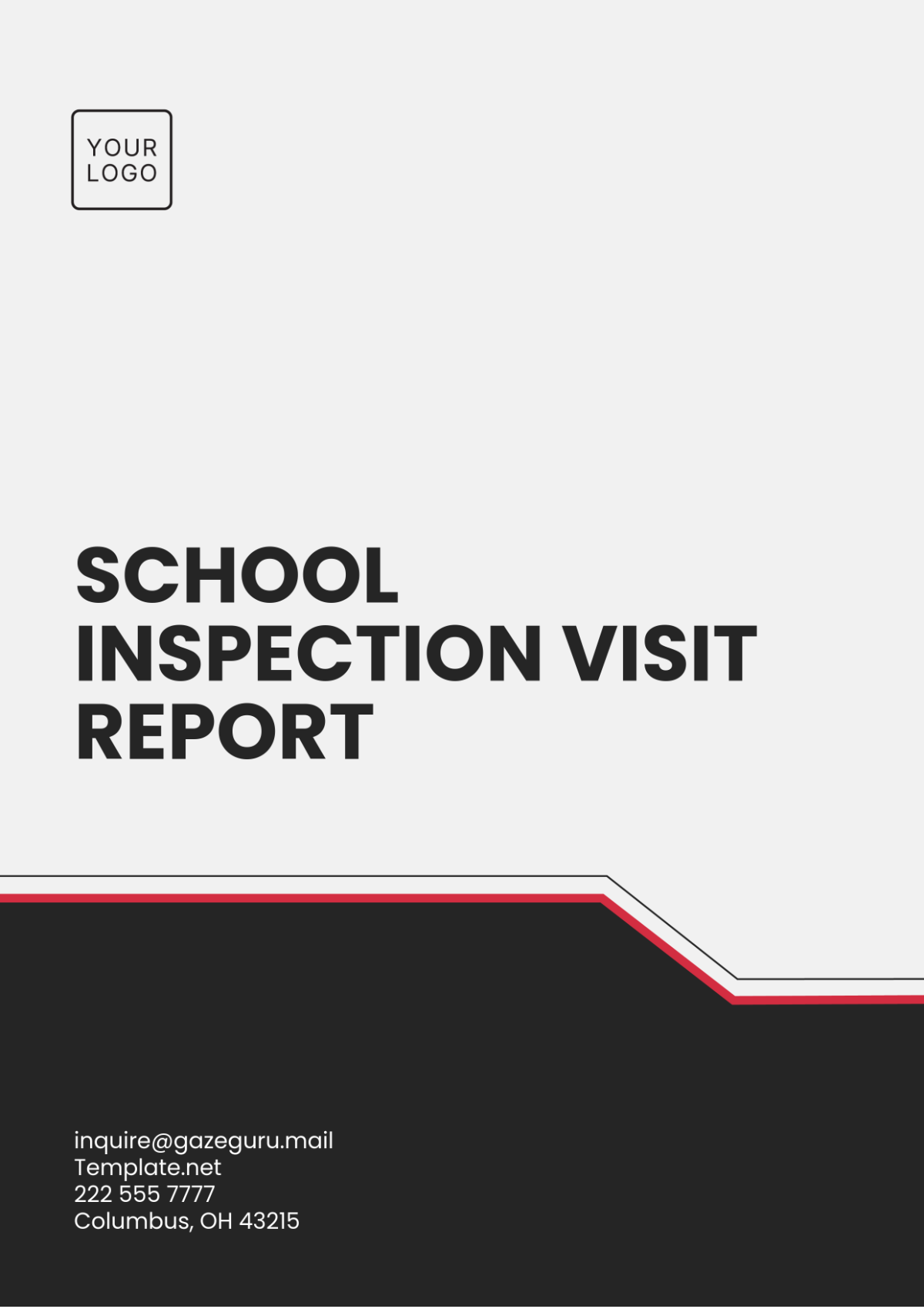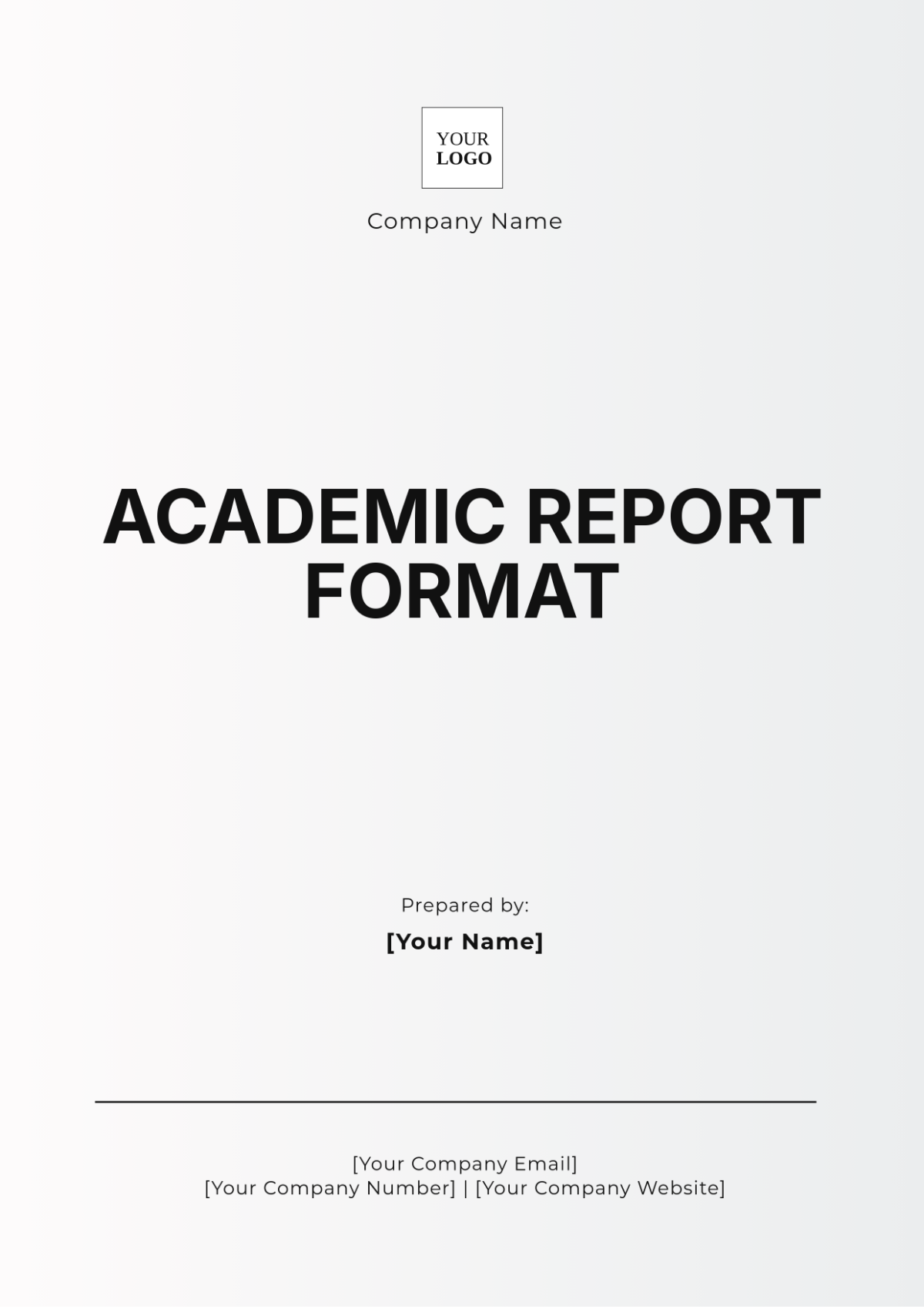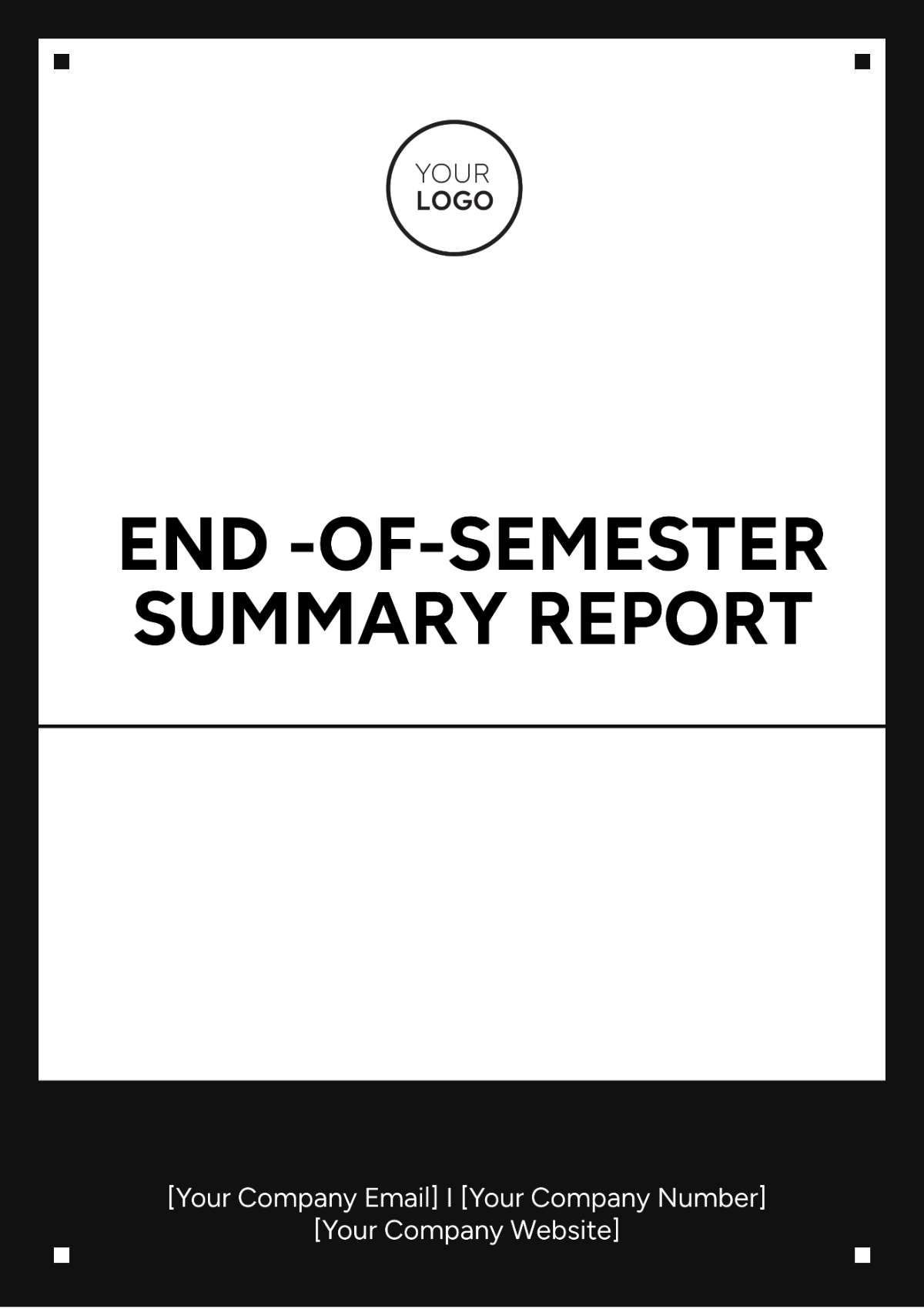School Field Trip Report Format
[School/Institution Name]
Field Trip Report
[Date of Report Submission]
1. Trip Overview
Trip Title:
Destination:
Date(s) of Field Trip:
Grade/Class:
Instructor(s)/Organizer(s):
Number of Participants:
Type of Trip (e.g., educational, recreational, cultural, scientific):
2. Purpose and Objectives
Primary Purpose:
Clearly state the purpose of the trip (e.g., to explore a museum collection, to observe ecosystems, to experience historical sites).
Learning Objectives:
Outline the specific learning goals for the trip (e.g., understanding the local history, gaining practical experience in a science field, enhancing teamwork).
3. Itinerary
Departure:
Departure time and location.
Arrival Time:
Time of arrival at the destination.
Activities/Events:
Provide a detailed schedule, including:
Time of activity
Description of the activity or event (guided tour, workshop, lecture, field observation).
Location of activity (specific areas within the destination).
Lunch/Break:
Time and location of meals or rest breaks.
Return:
Time of departure from the destination and estimated return time to school.
4. Activities and Experiences
Educational Activities:
A description of the hands-on learning activities, tours, or experiments conducted. Include interactions with experts, guides, or instructors, and the educational significance of each.
Notable Highlights:
Any exceptional or memorable events, such as interesting exhibits, live demonstrations, or group discussions.
Participant Engagement:
Observation of how students engaged with the activities. Were they actively involved? Did they show interest in discussions or hands-on tasks?
5. Key Learning Outcomes
Skills Developed:
List and explain skills or competencies developed, such as critical thinking, problem-solving, teamwork, or specific academic skills related to the curriculum.
Connections to Curriculum:
Detail how the trip tied into specific subjects or lessons, showing how the field trip reinforced or supplemented classroom learning.
Student Reflection:
Summarize any student feedback or reflections, if collected, on what they learned or enjoyed the most.
6. Challenges and Issues
Logistical Issues:
Discuss any transportation, timing, or organizational challenges encountered during the trip.
Safety Concerns:
Mention any safety-related issues and how they were addressed (e.g., medical emergencies, behavior concerns).
Suggestions for Improvement:
Identify any areas for improvement in the trip's planning or execution (e.g., better communication, earlier departures).
7. Recommendations for Future Field Trips
Suggested Destinations:
Recommend other places or types of trips that could provide similar or enhanced learning experiences.
Logistical Improvements:
Suggest better logistical planning, transportation methods, or schedule changes to enhance efficiency.
Educational Focus:
Suggest focusing on particular areas that may have been underrepresented or that students showed more interest in during this trip.
8. Conclusion
Overall Assessment:
Provide a final evaluation of the field trip. Was it a success? Did it meet the learning objectives? How did it impact the student's learning experience?
Acknowledgements:
Acknowledge any individuals, staff members, or organizations who helped make the trip successful (e.g., guest speakers, tour guides, bus drivers).
9. Attachments and Additional Materials
Photos:
Attach or reference any photos taken during the trip that showcase activities or key moments.
Handouts/Resources:
Include any educational materials, brochures, or documents that were provided during the trip.
Feedback Forms:
Include or reference any feedback forms filled out by students or teachers post-trip.
